Find a qualified Intellectual Property Lawyer in Asia through intellectual-property.org’s directory of patent attorneys across major innovation hubs like Tokyo, Singapore, and Shanghai. The platform connects you to IP professionals in:
Access job listings, request quotes, and browse upcoming IP events throughout the Asian region on our comprehensive platform.

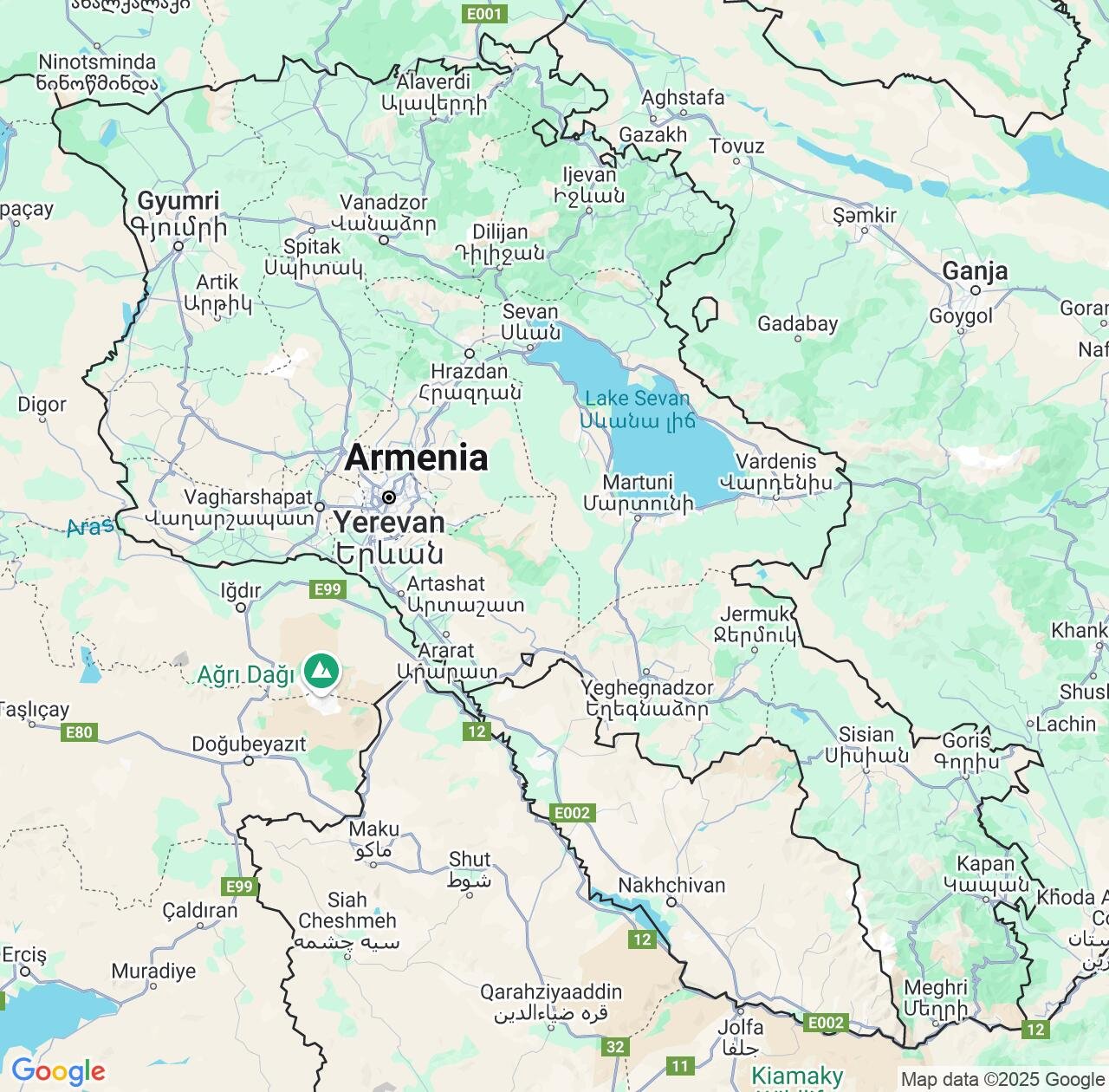






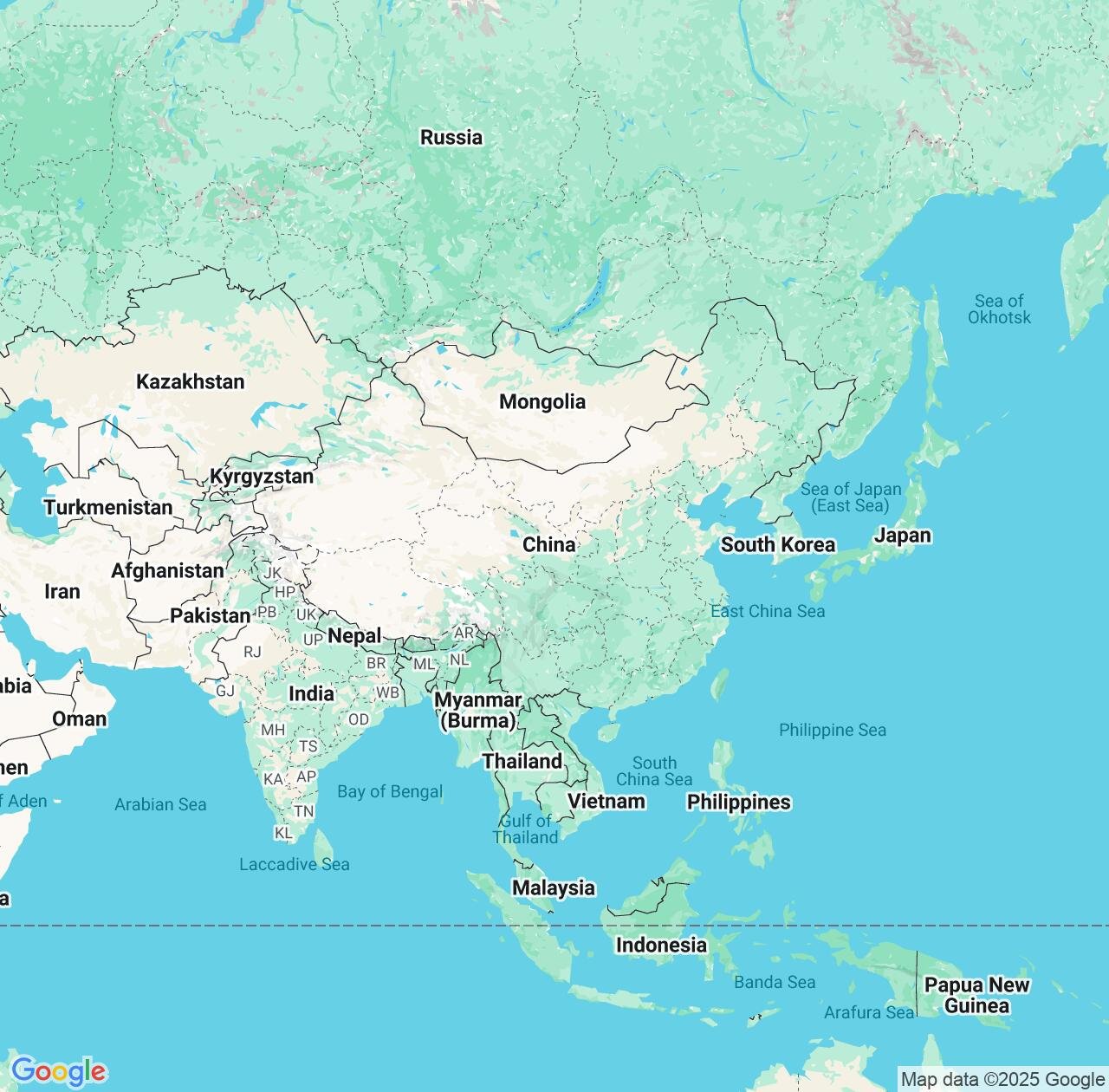
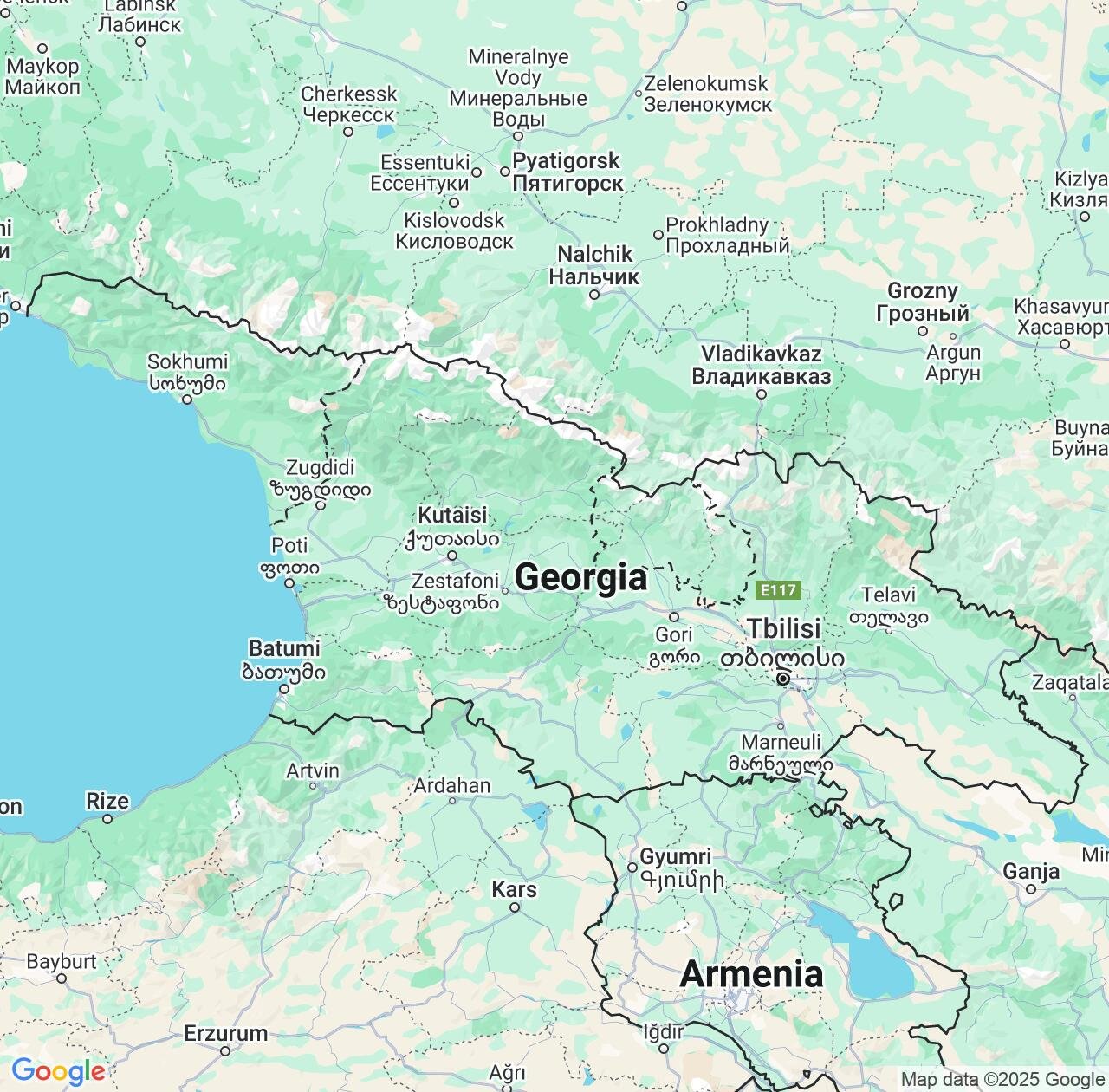
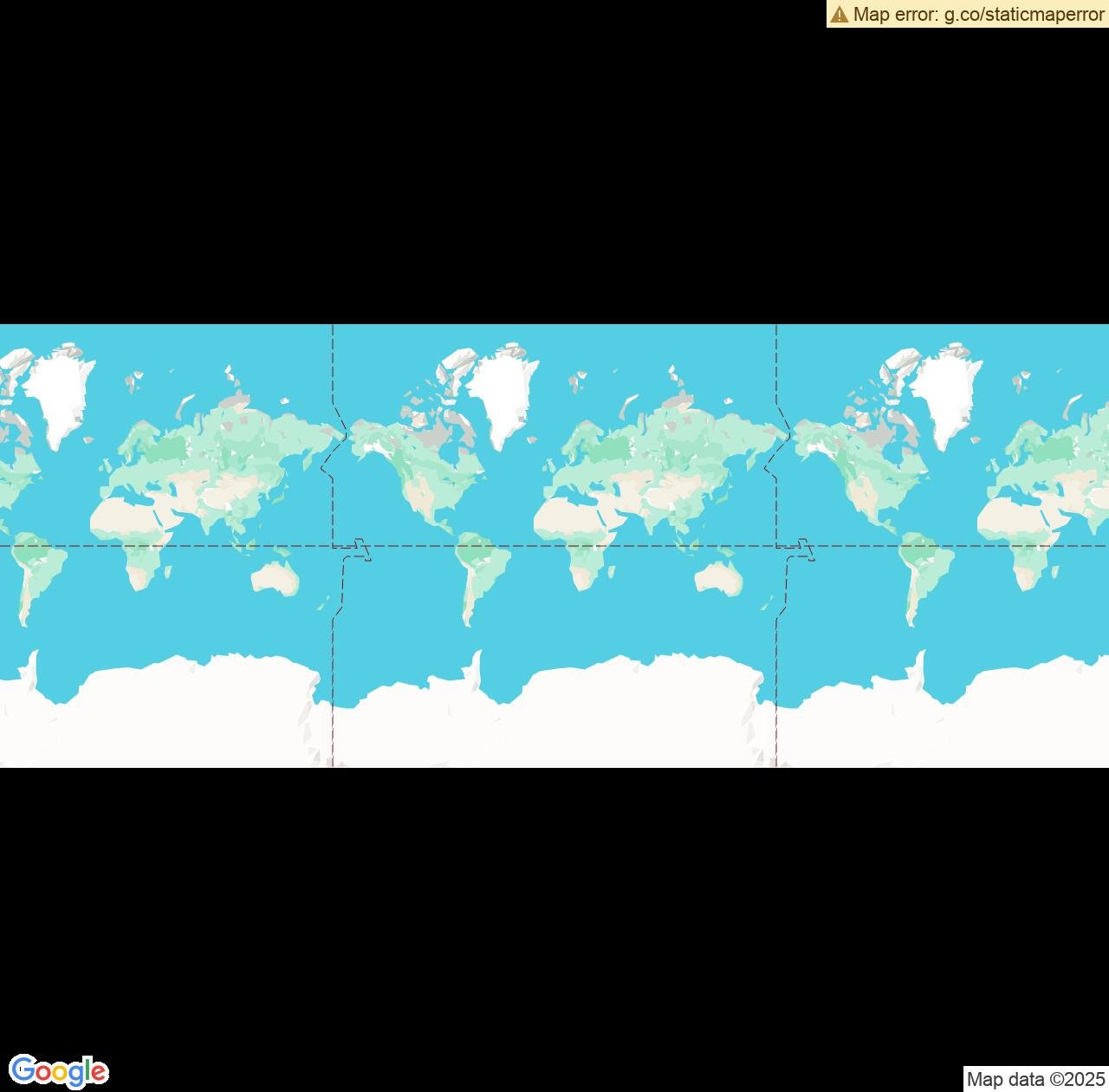
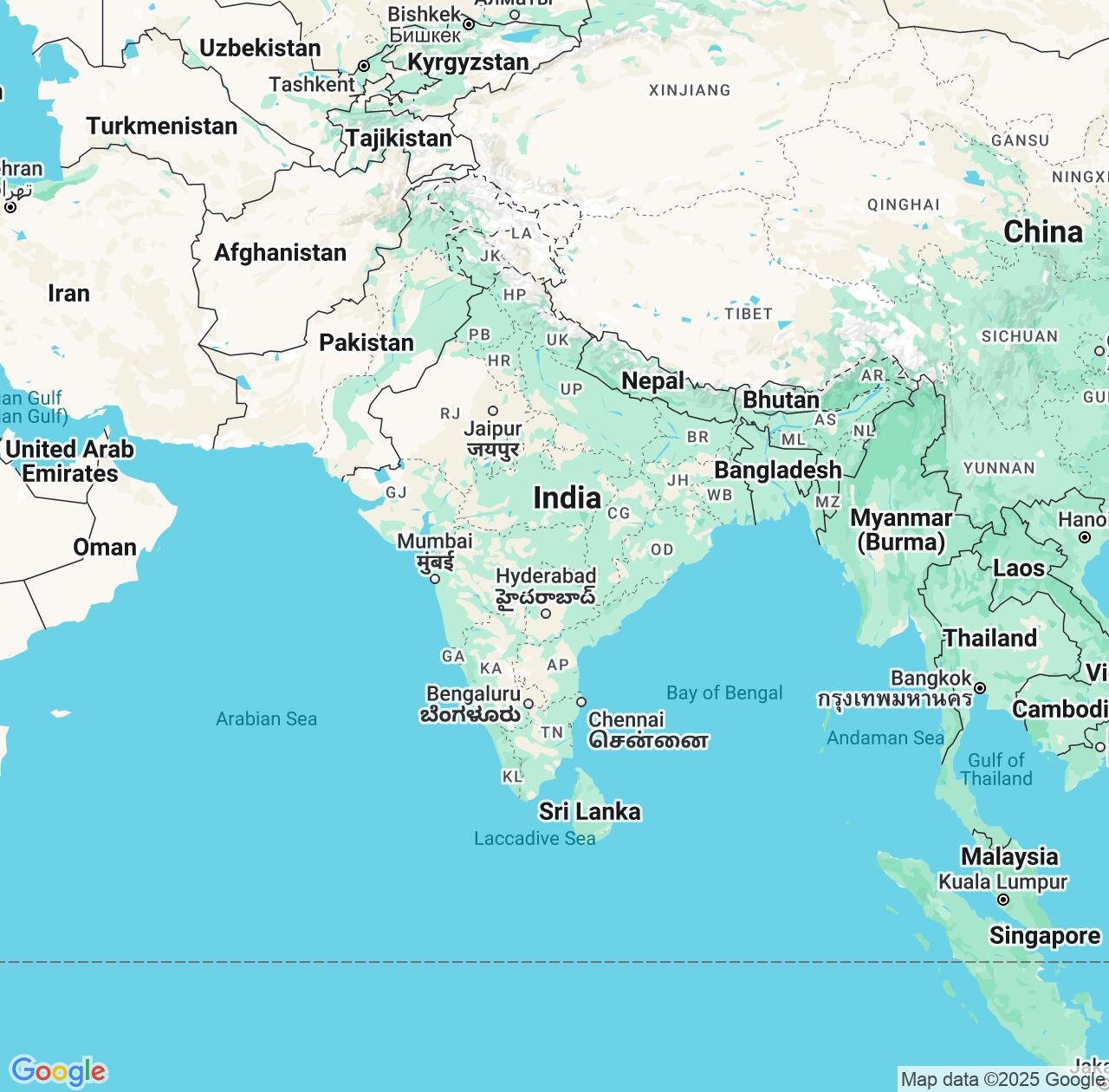
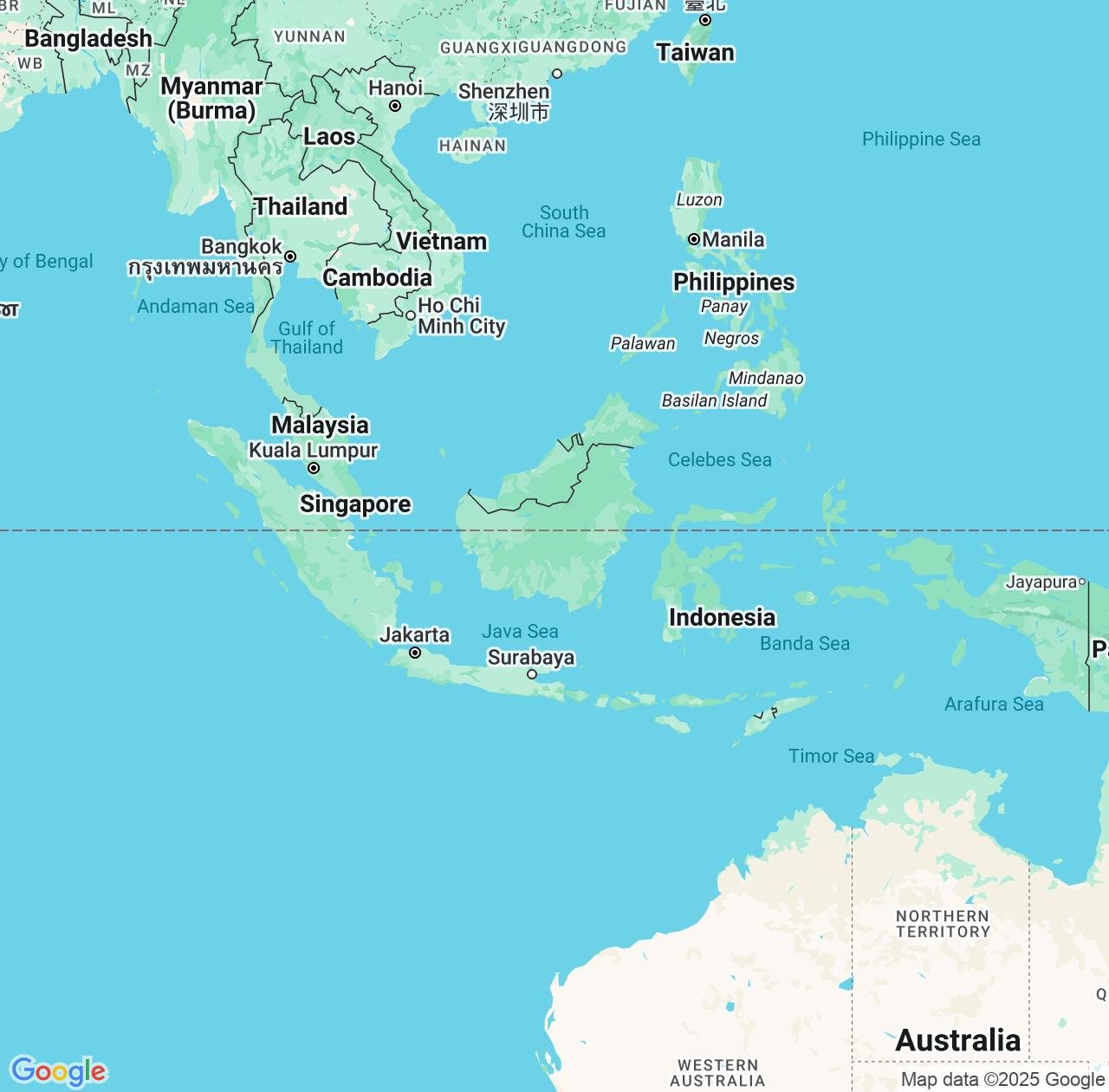
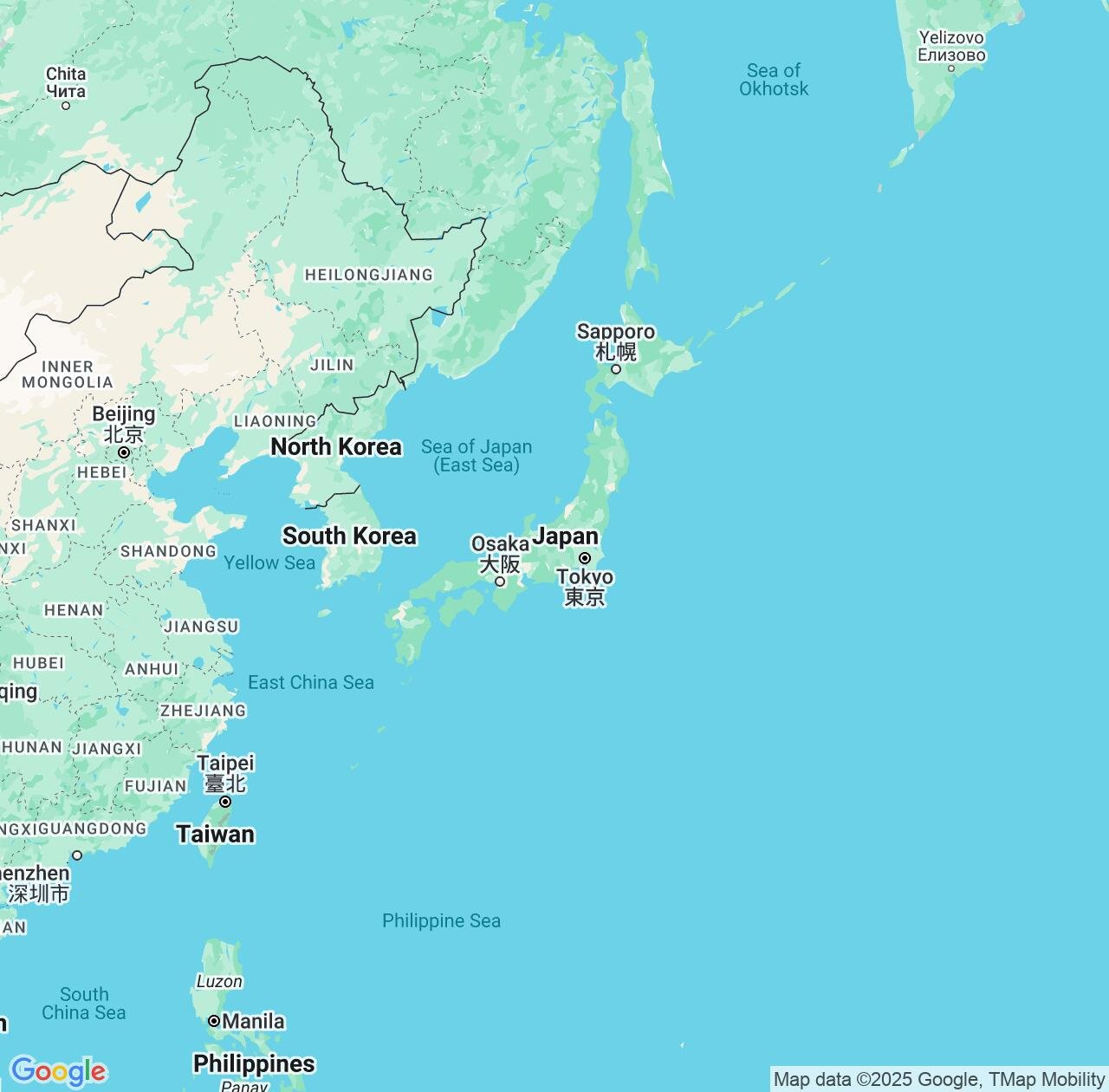
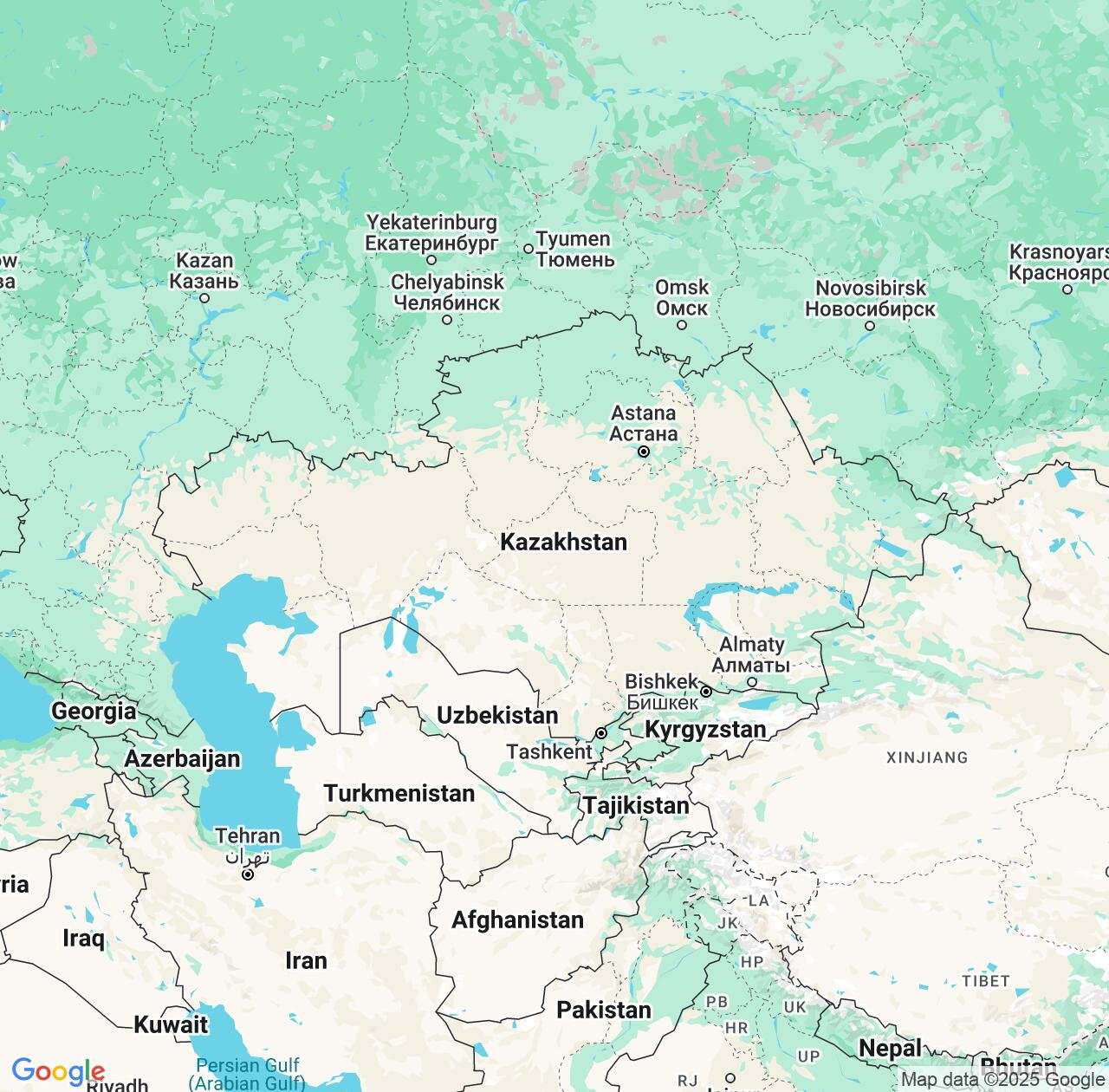
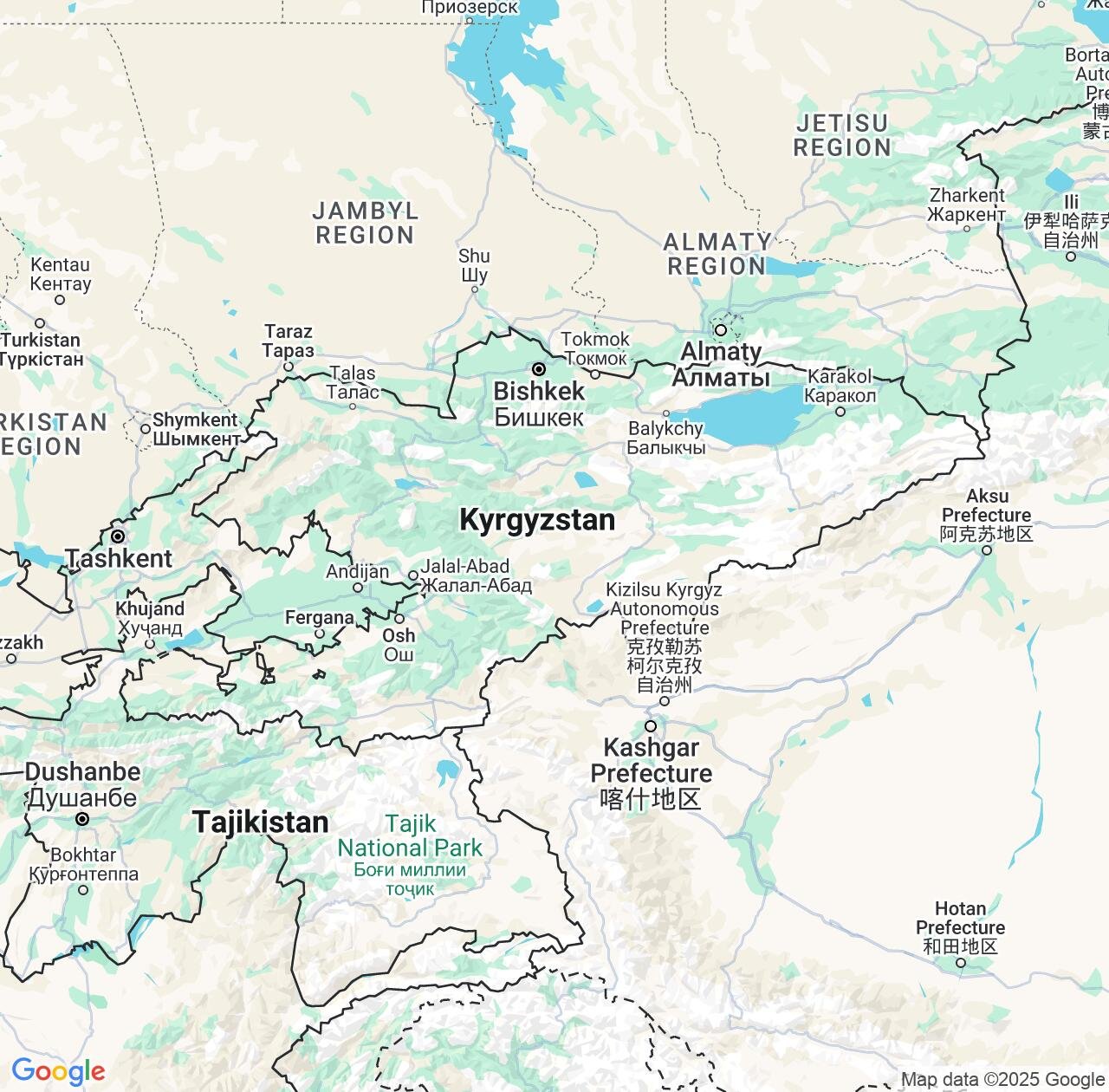
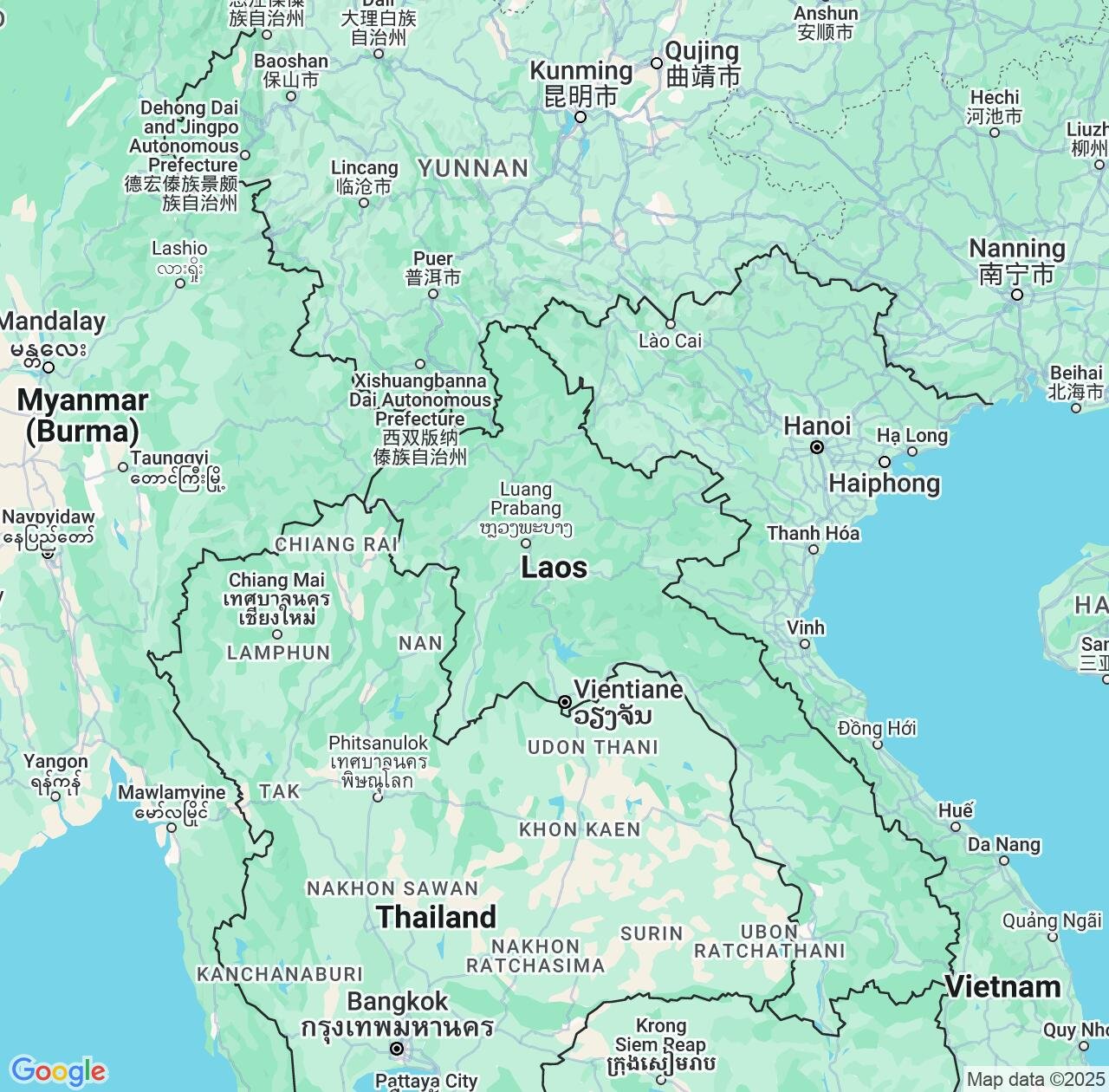
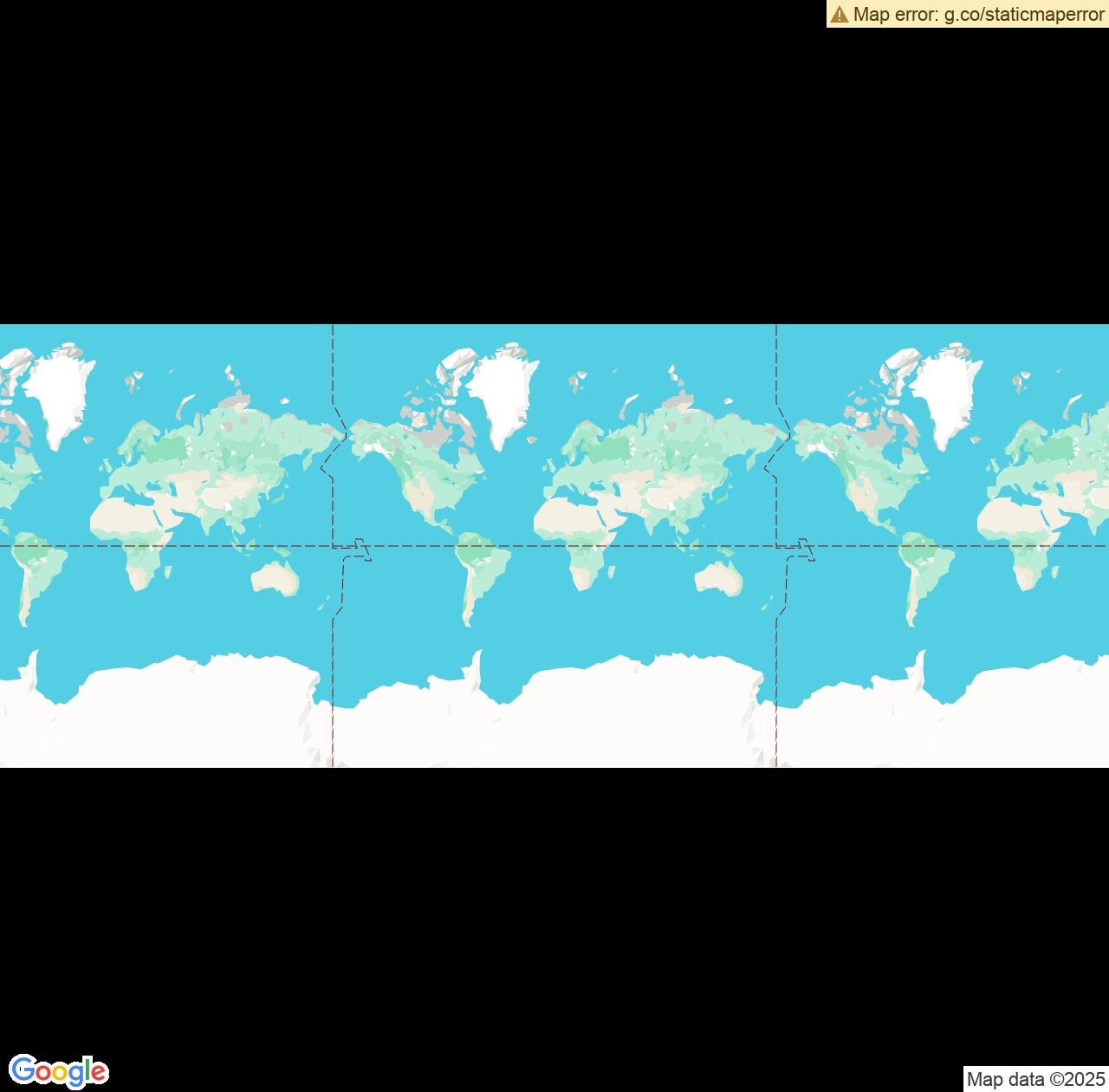
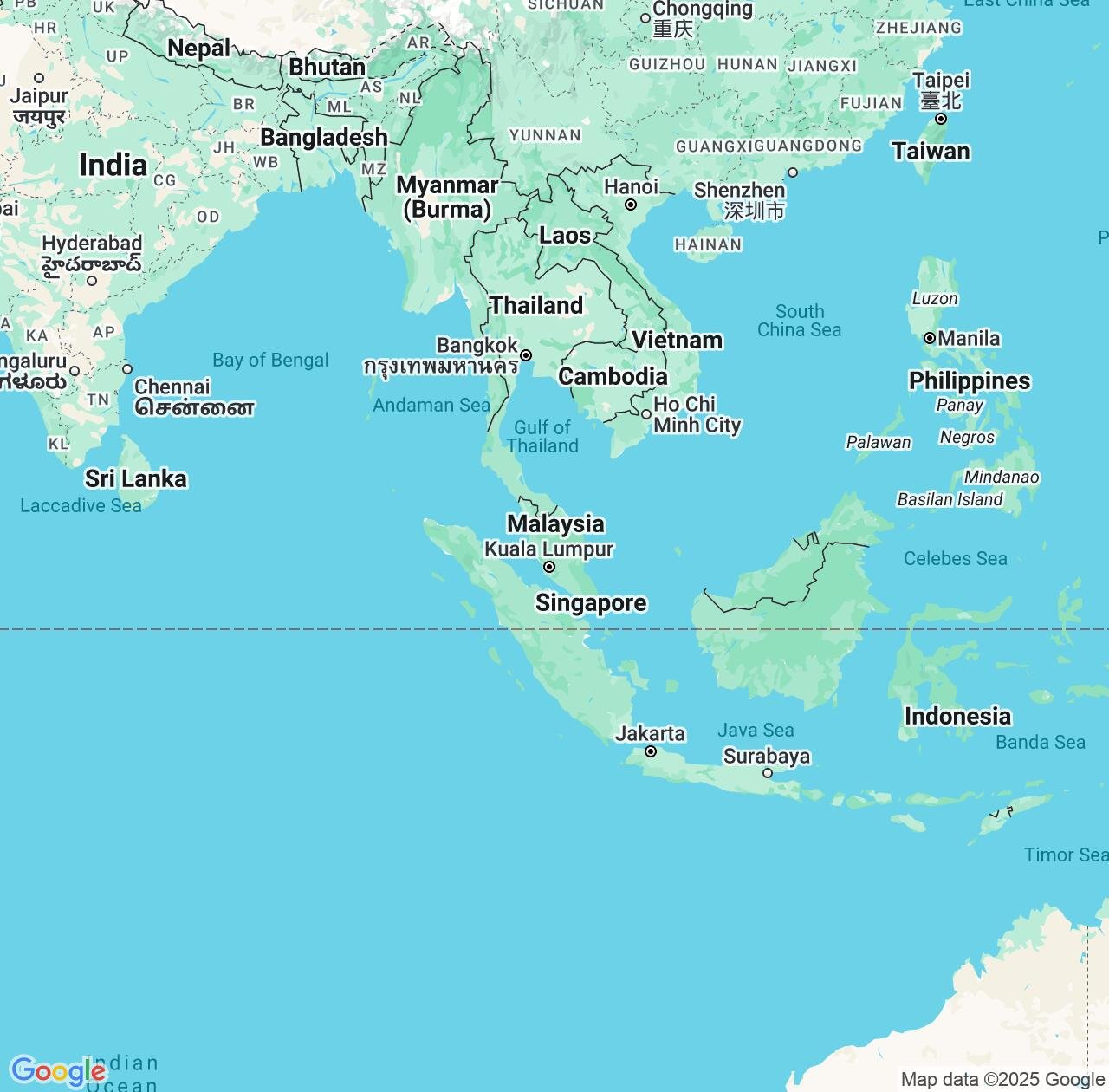
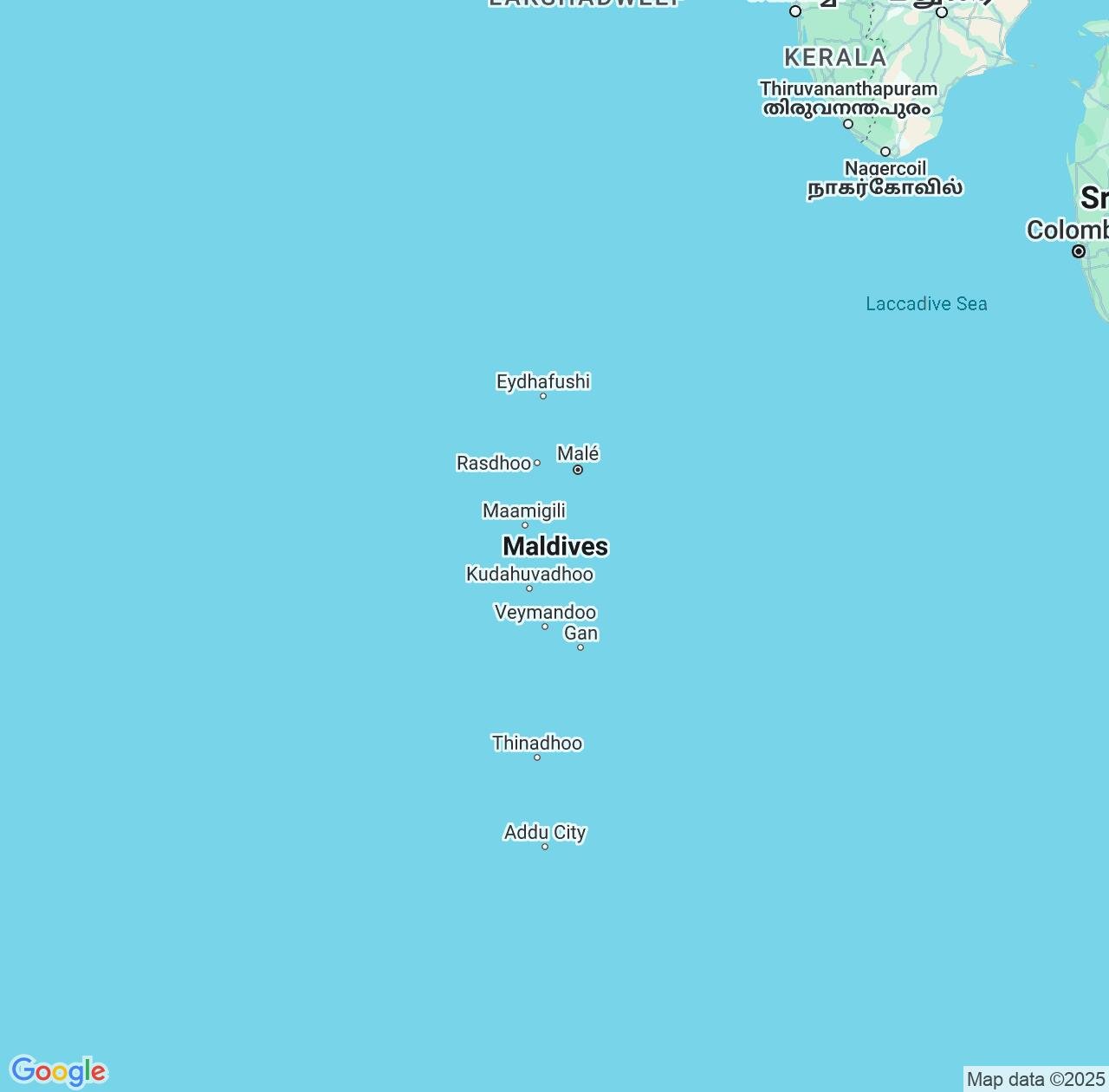
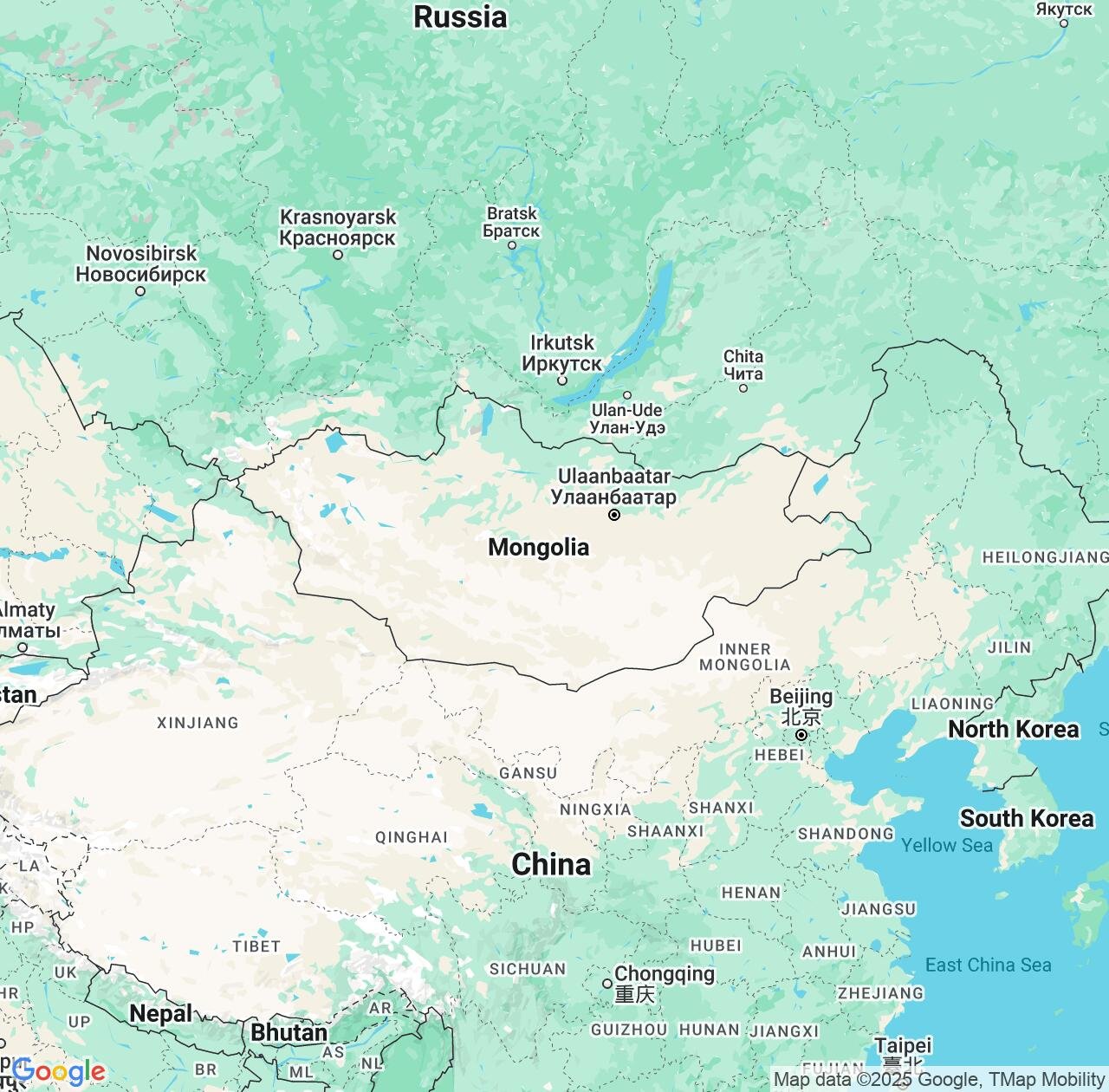
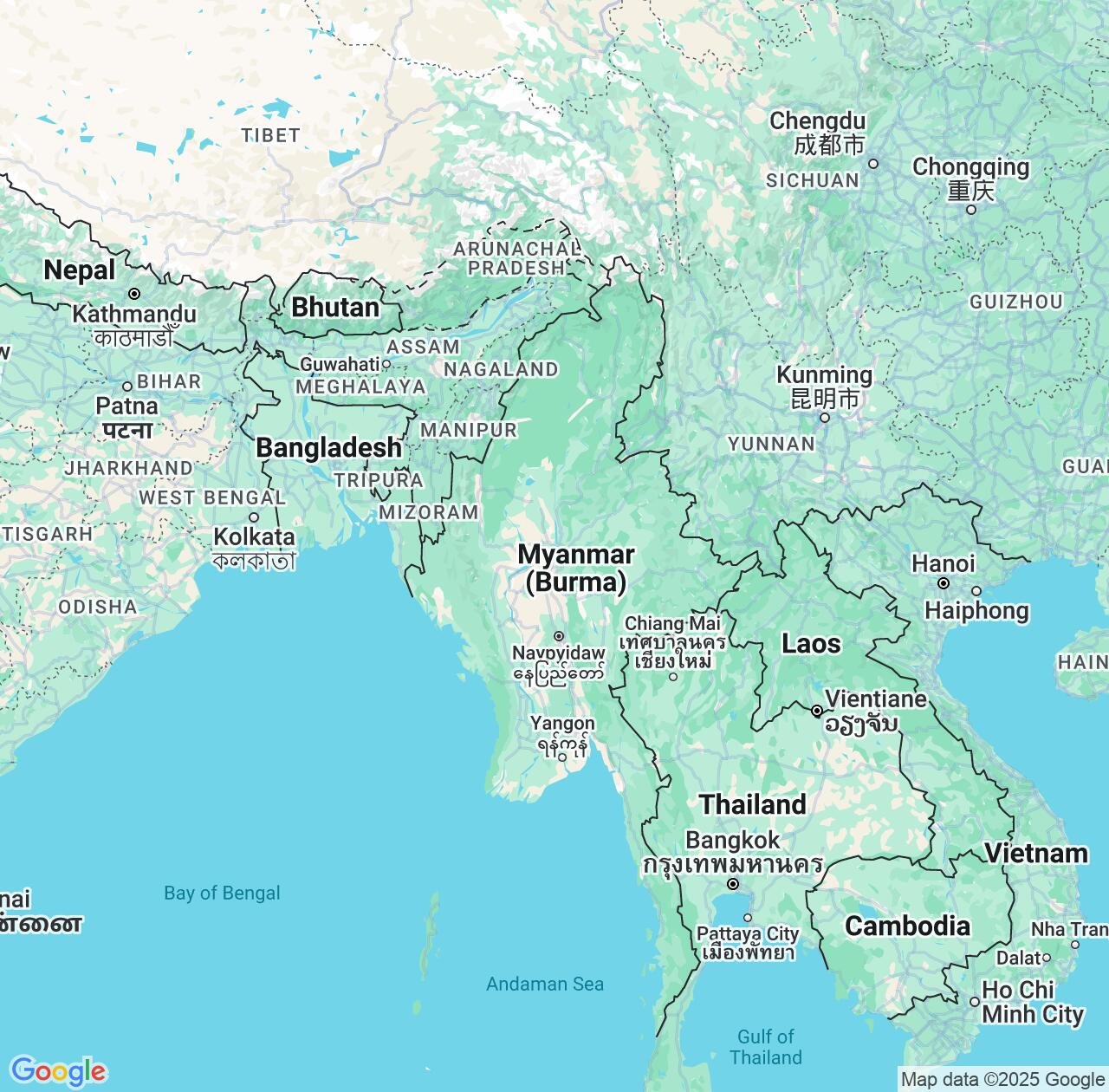
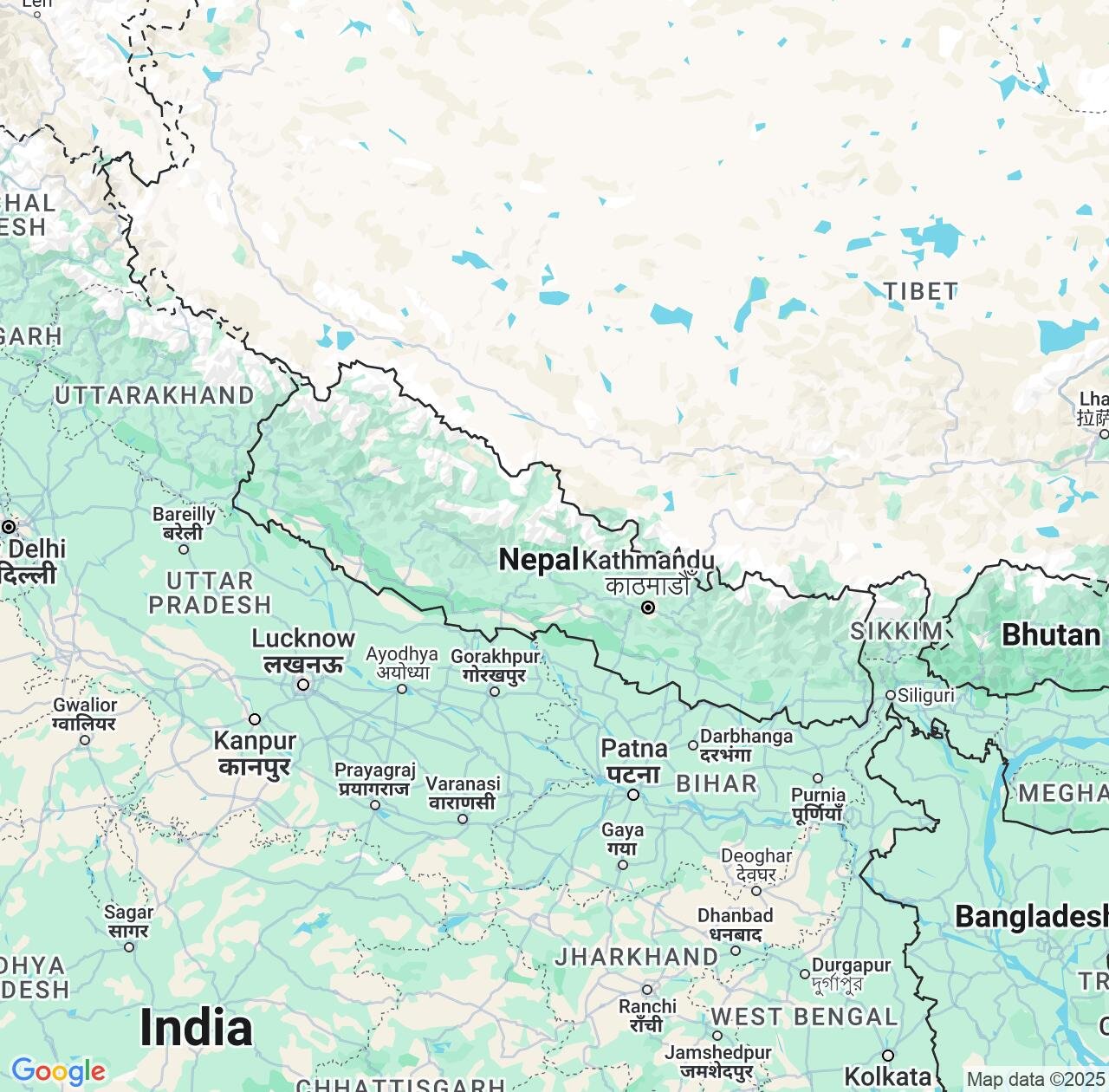
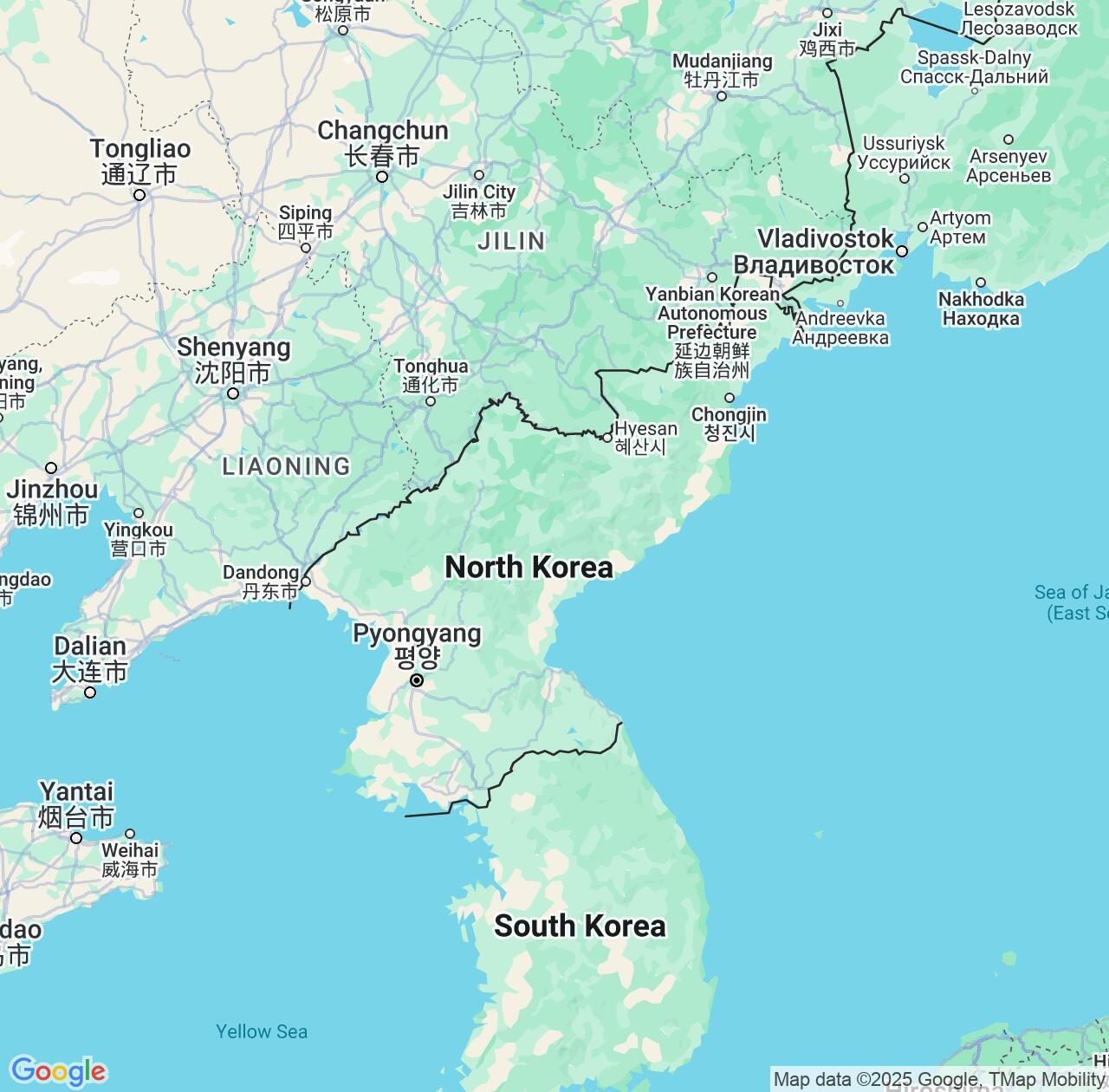
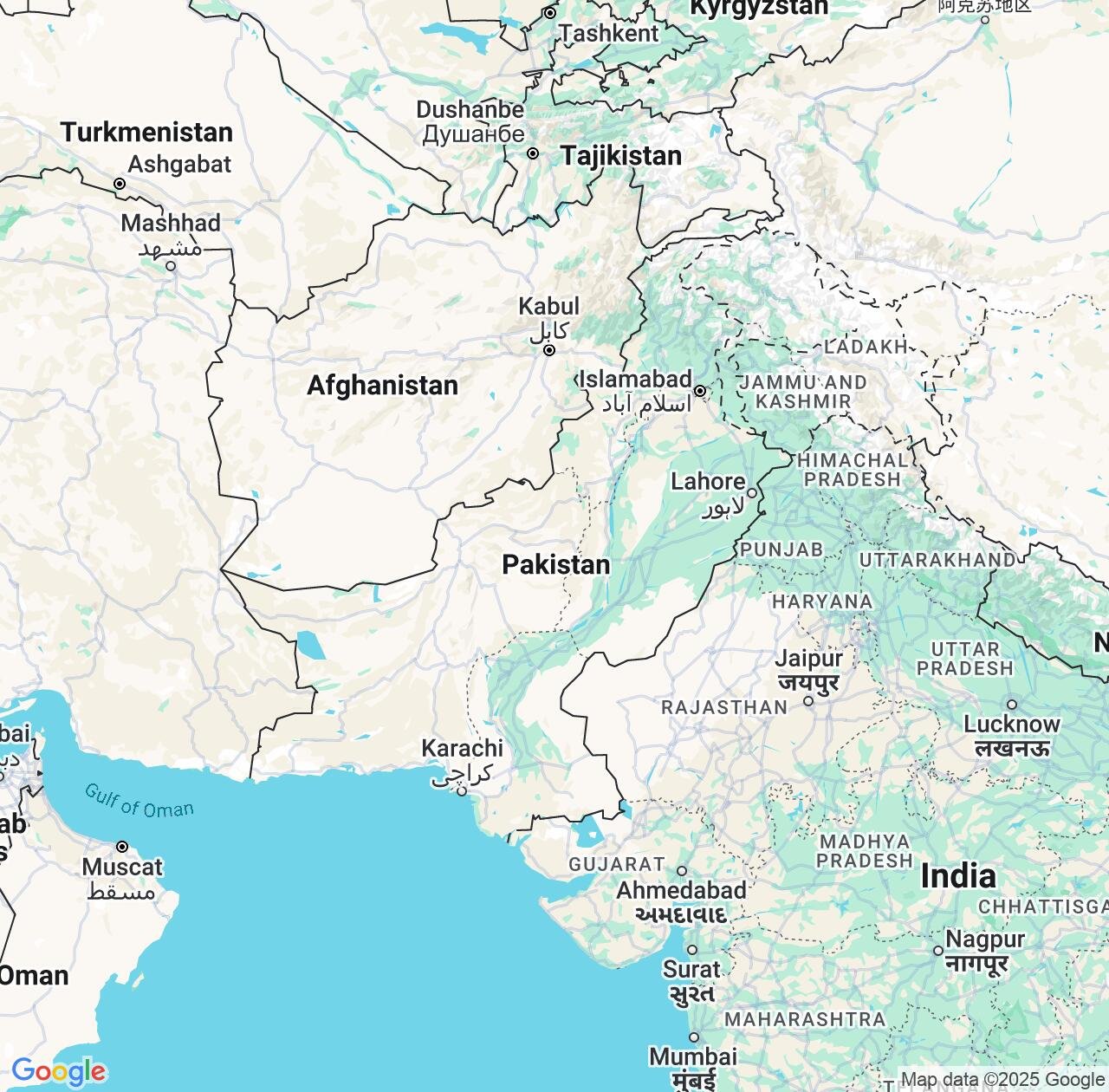
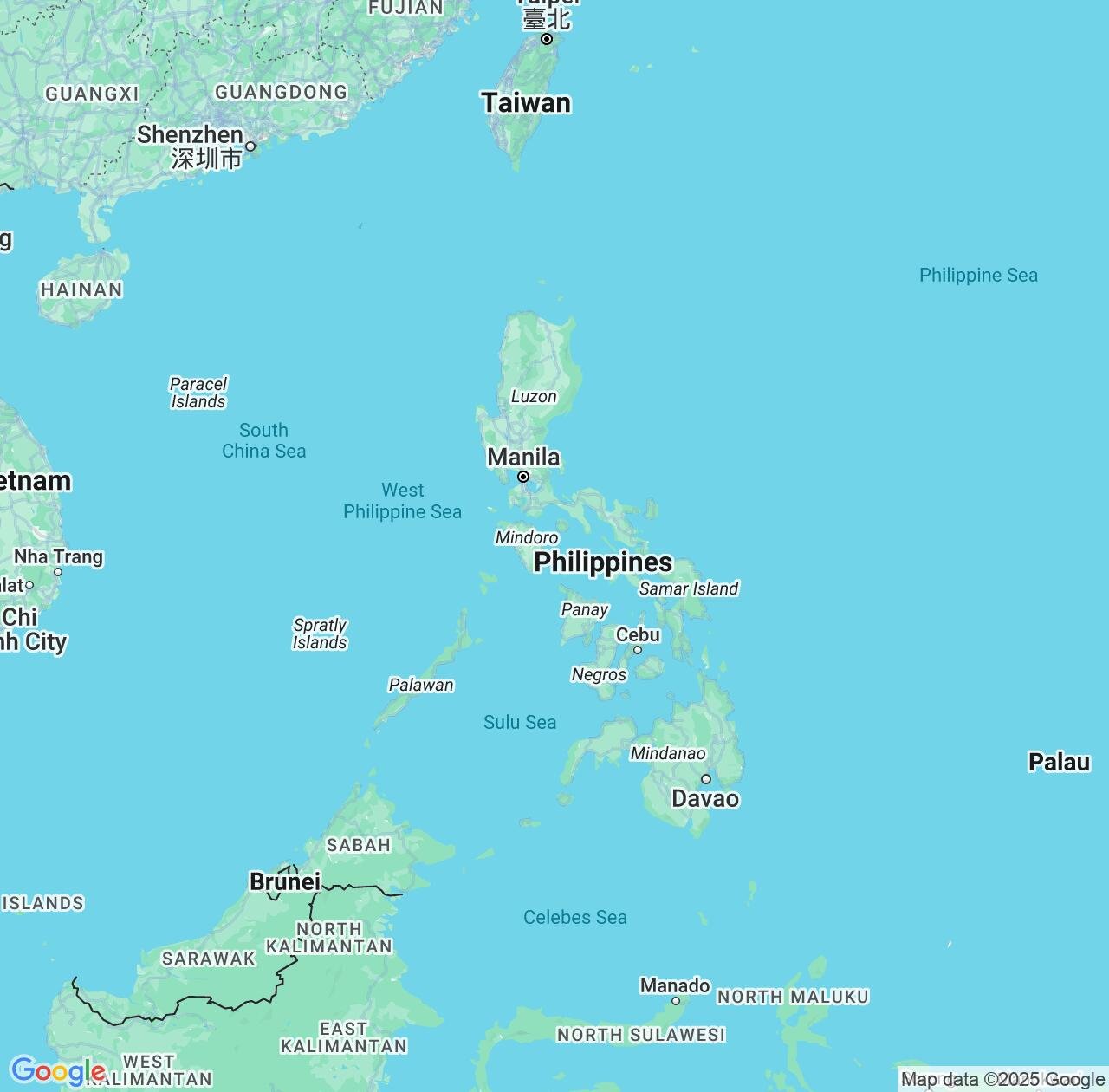
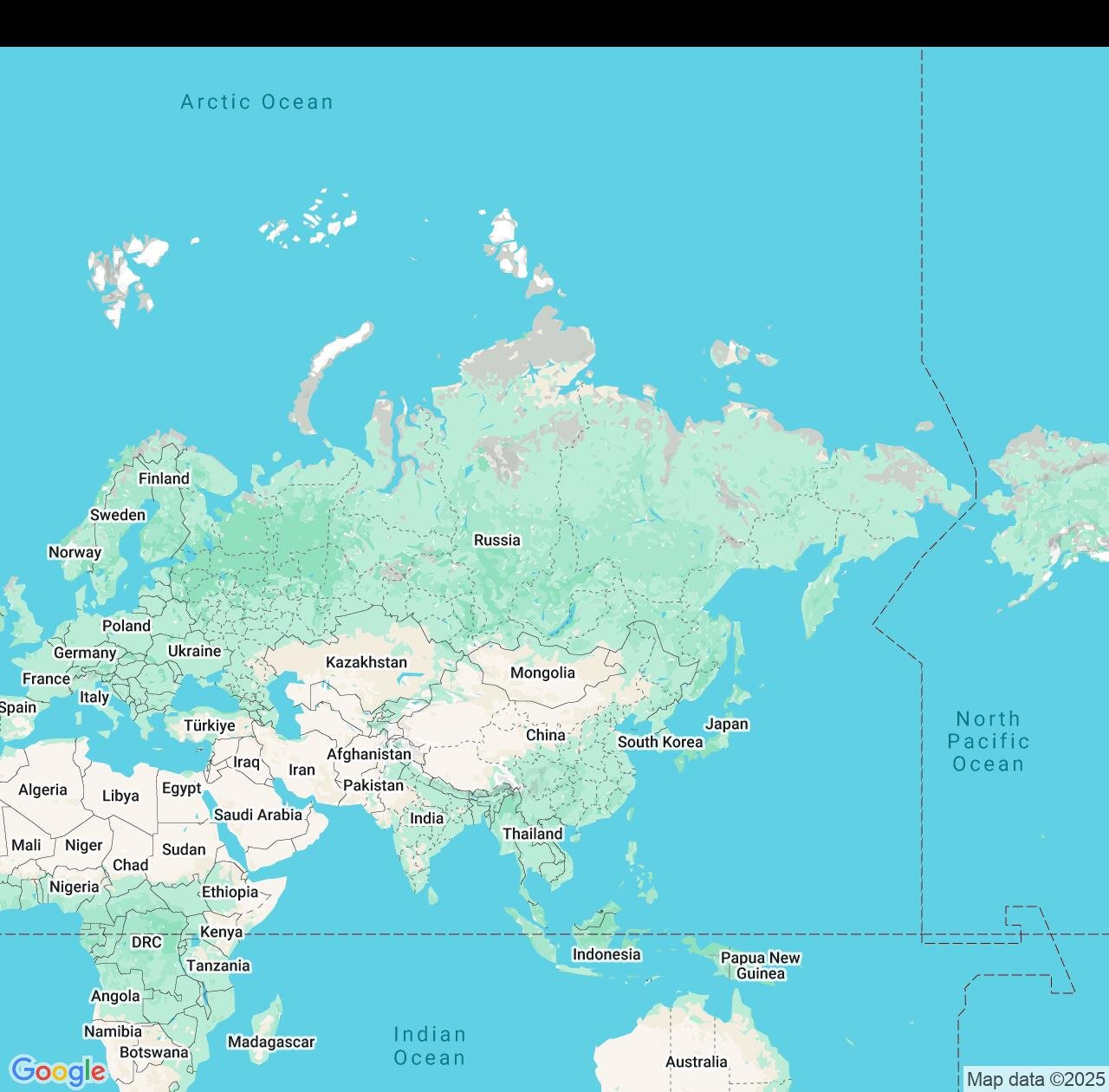
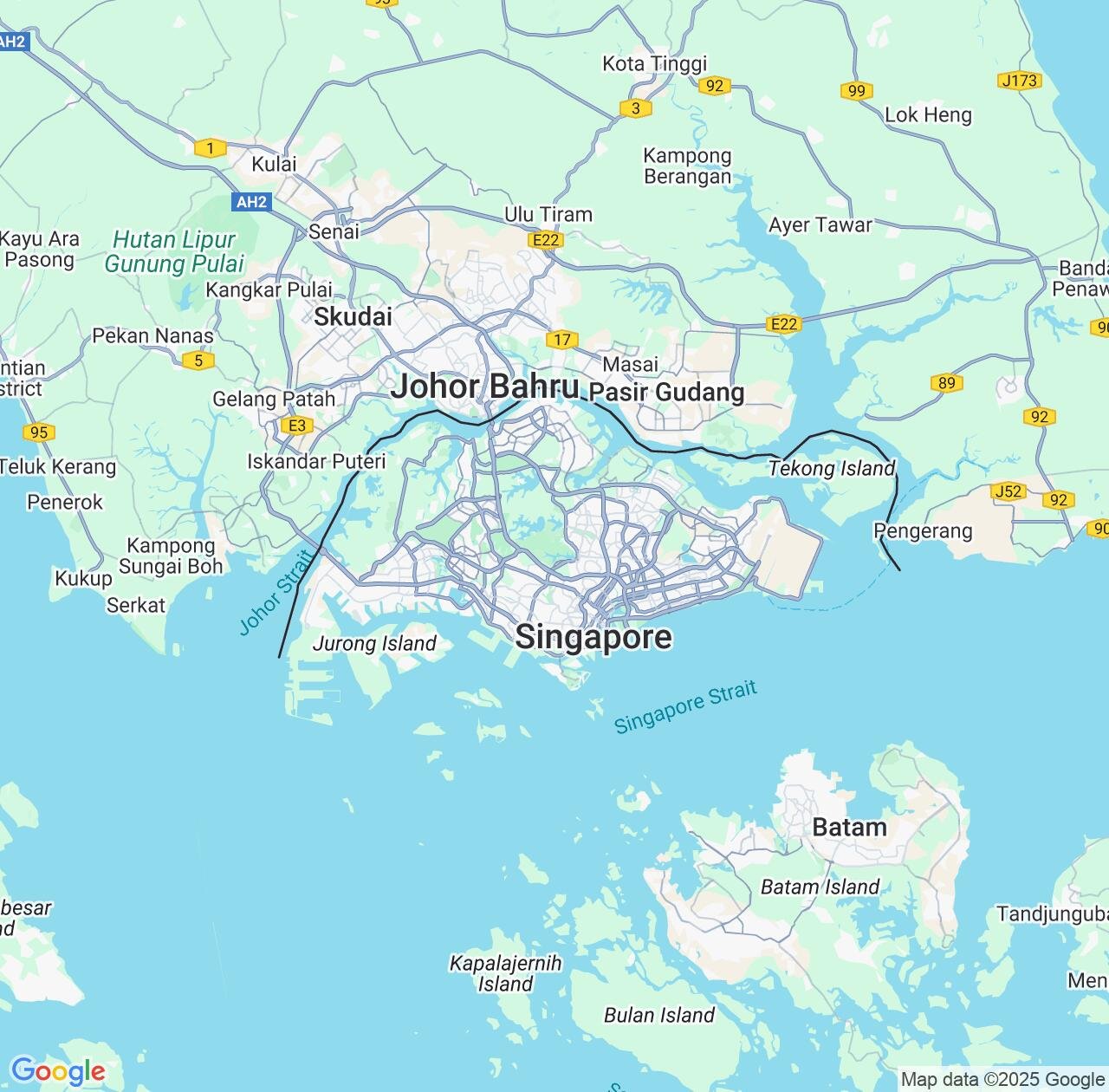
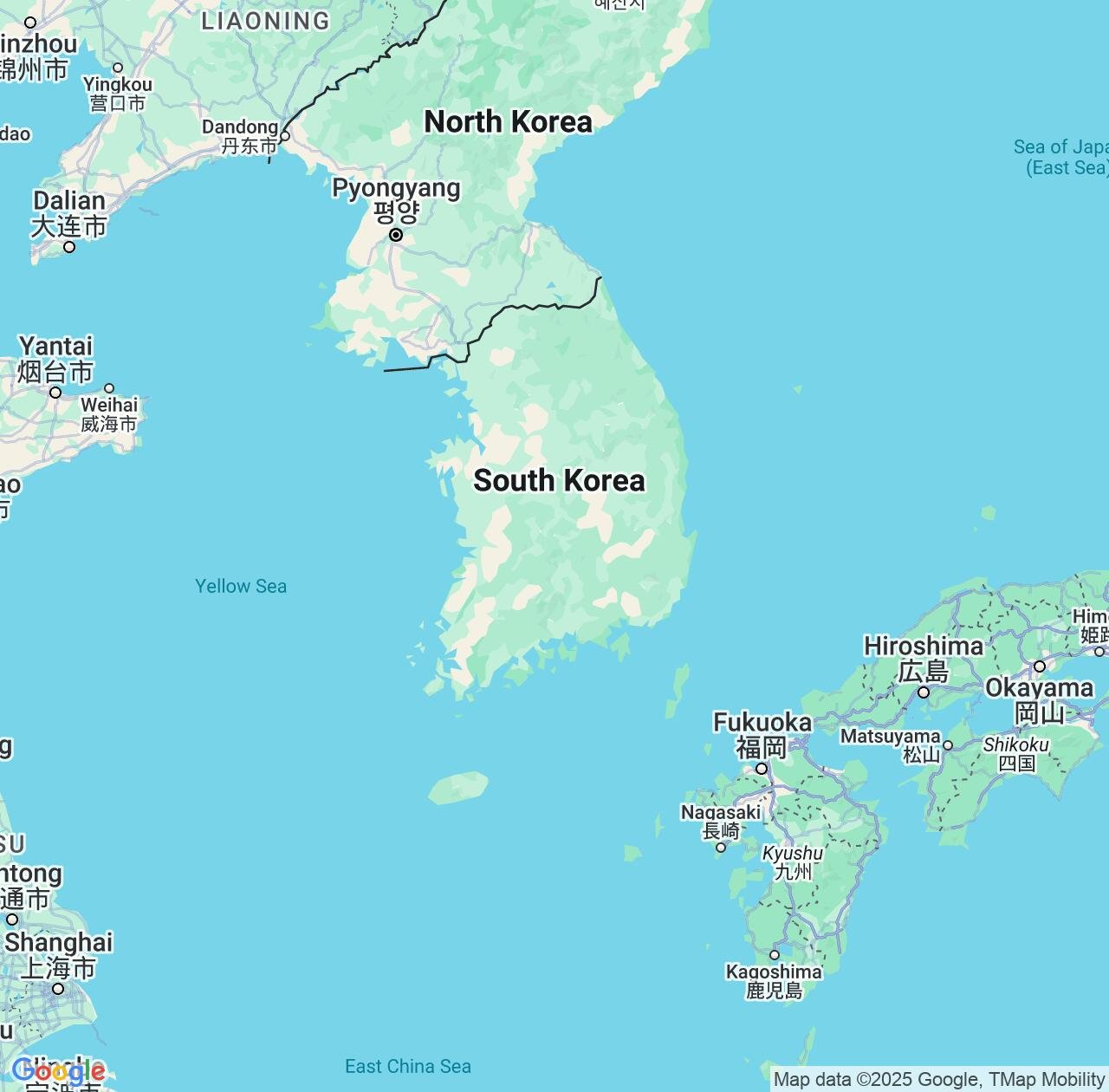
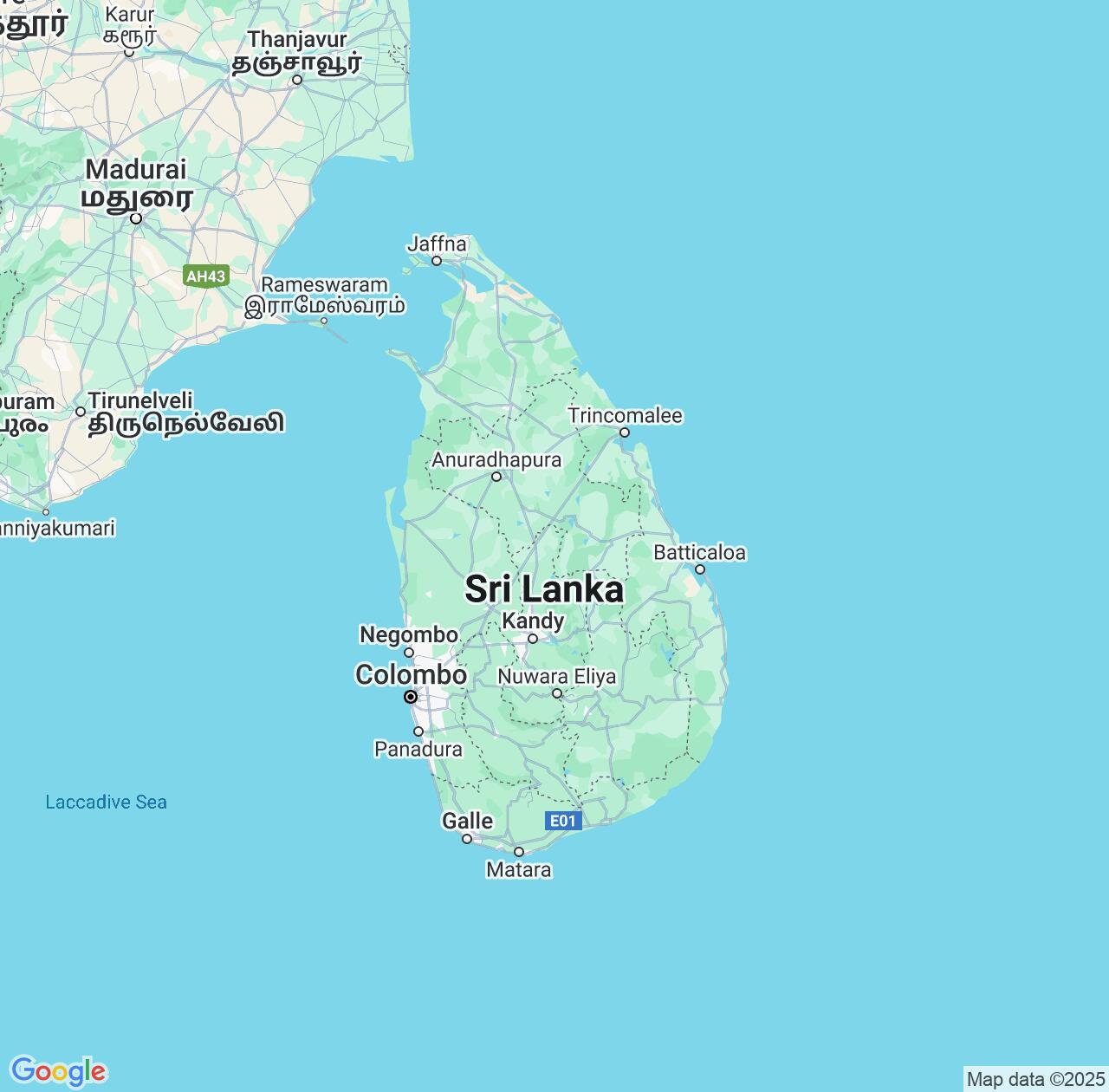
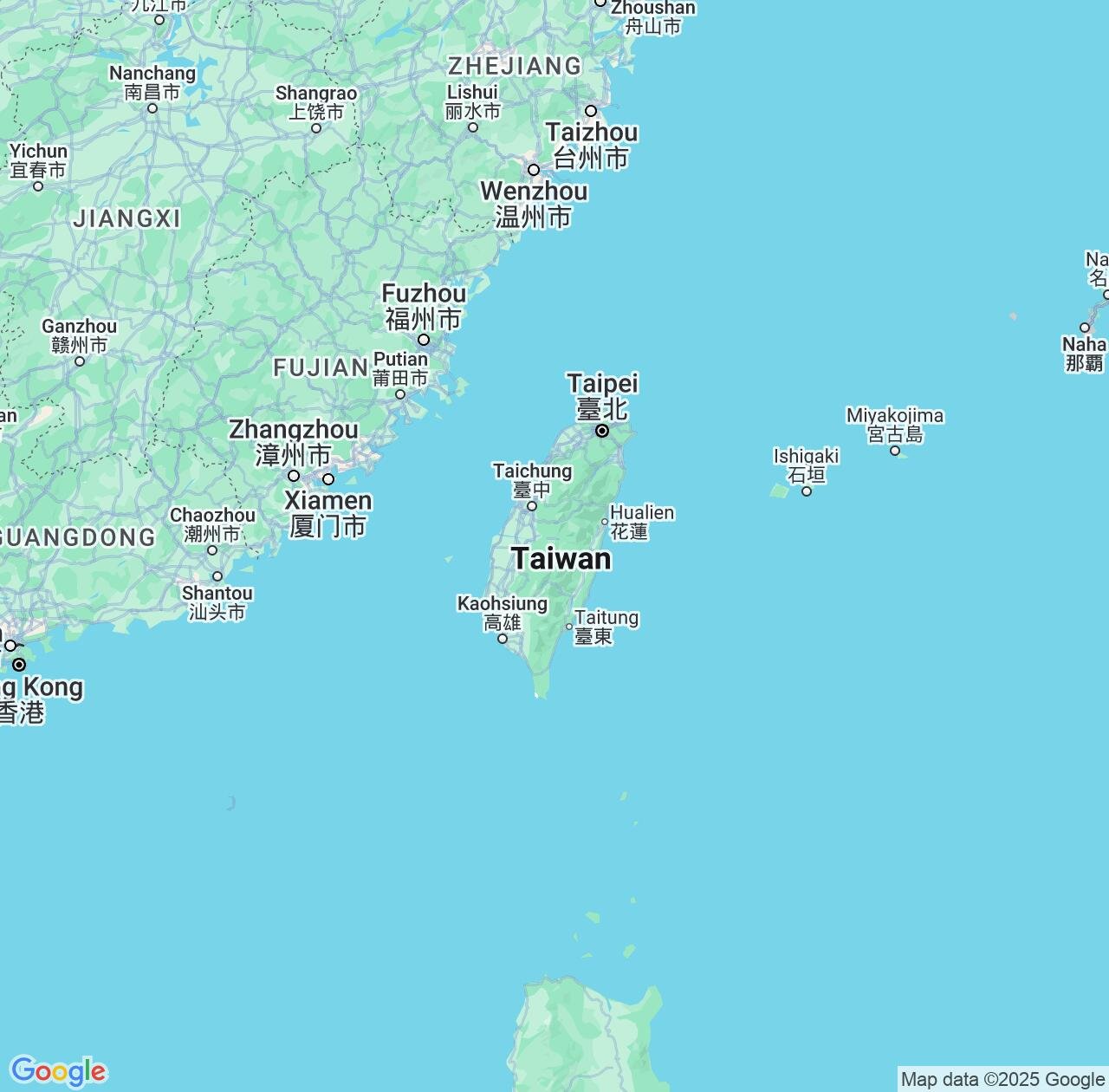
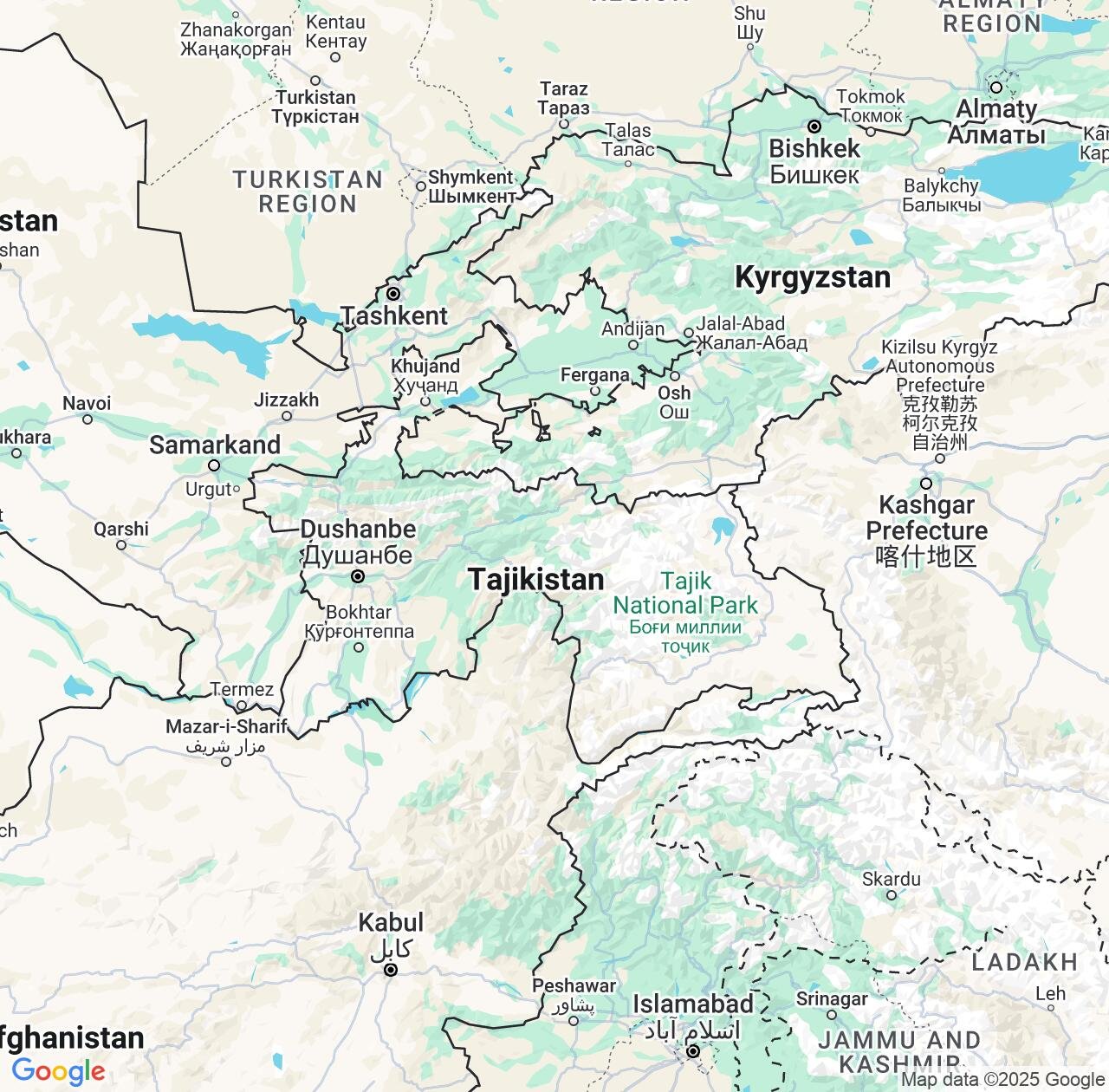
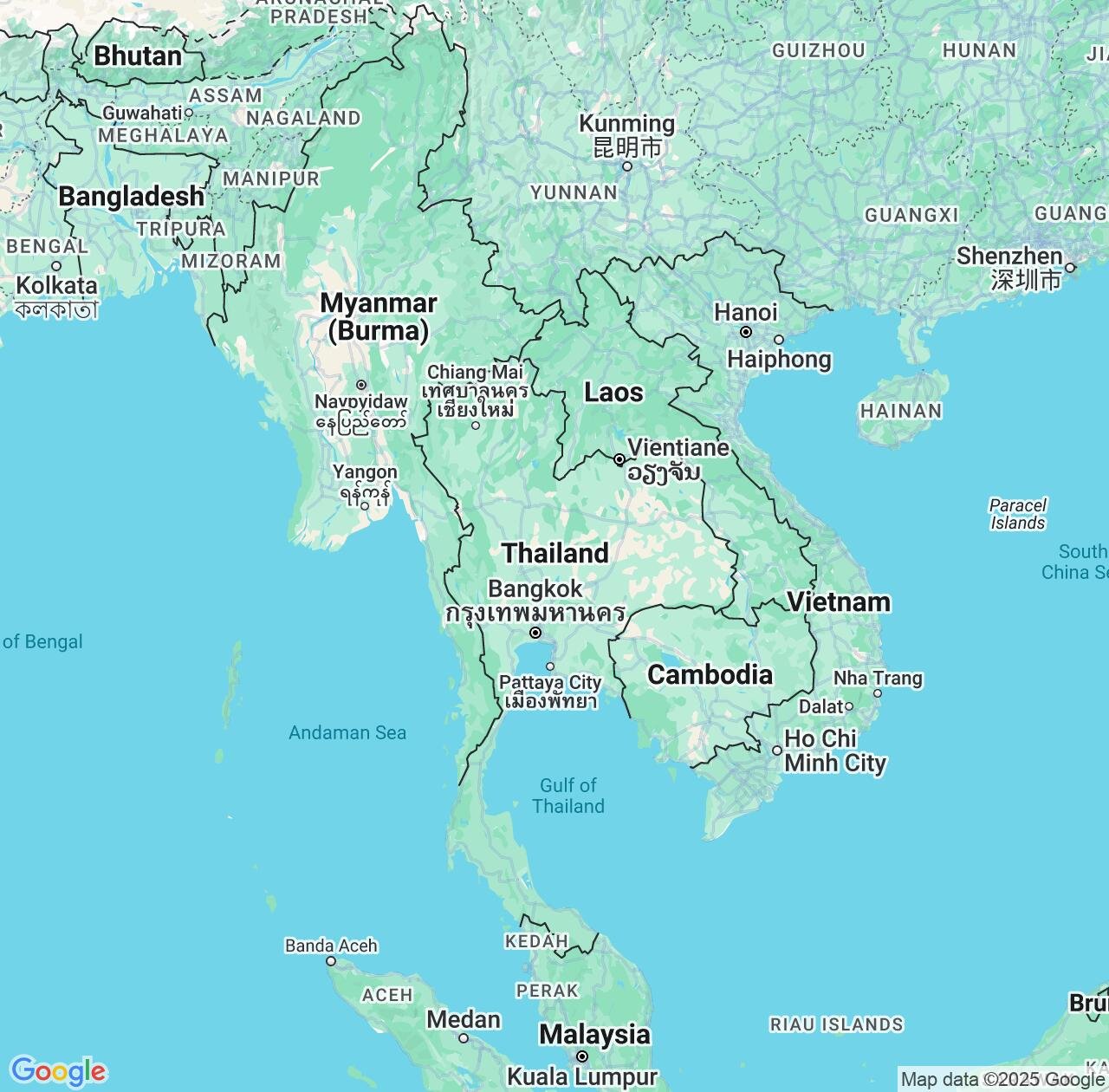
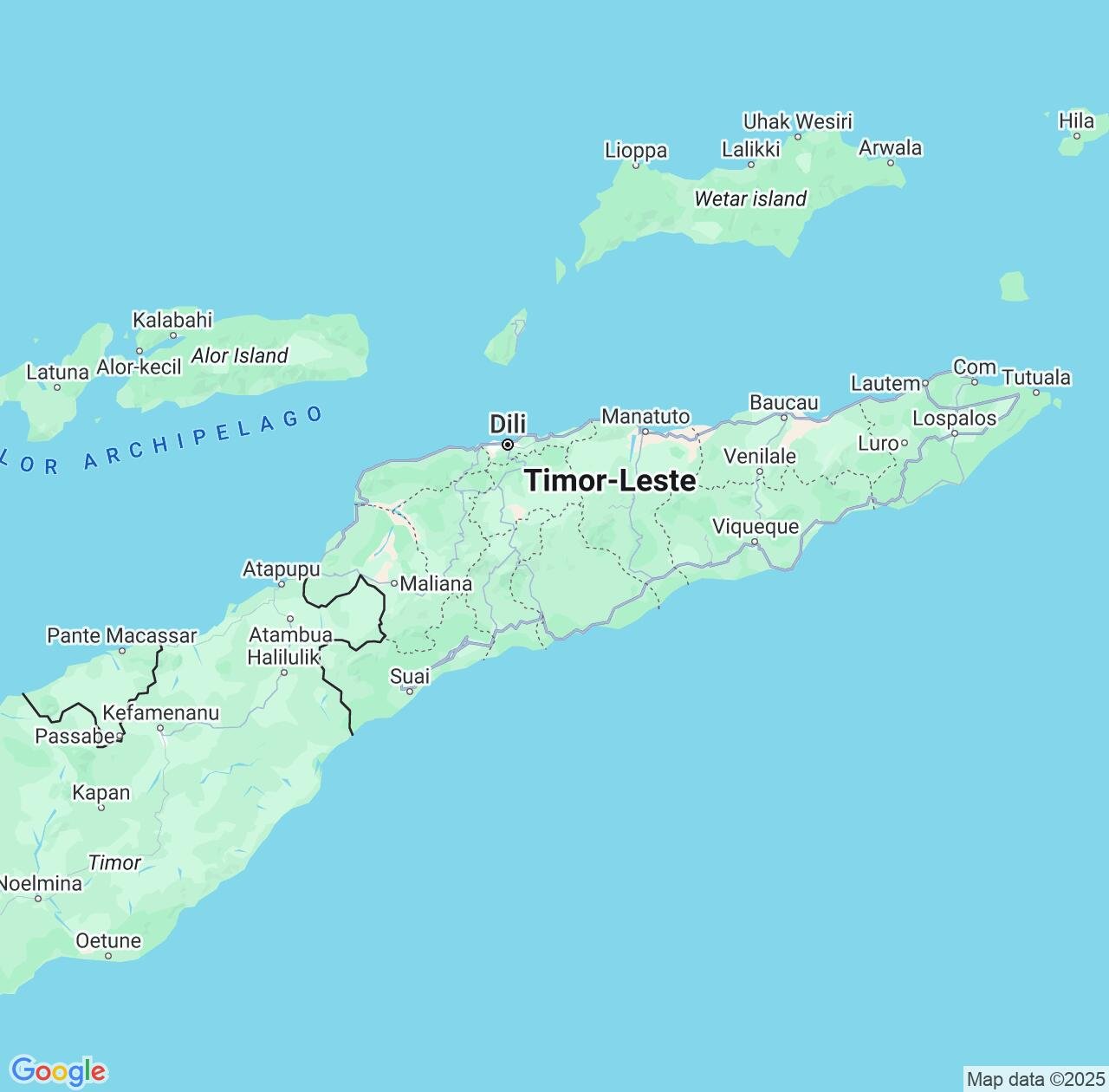
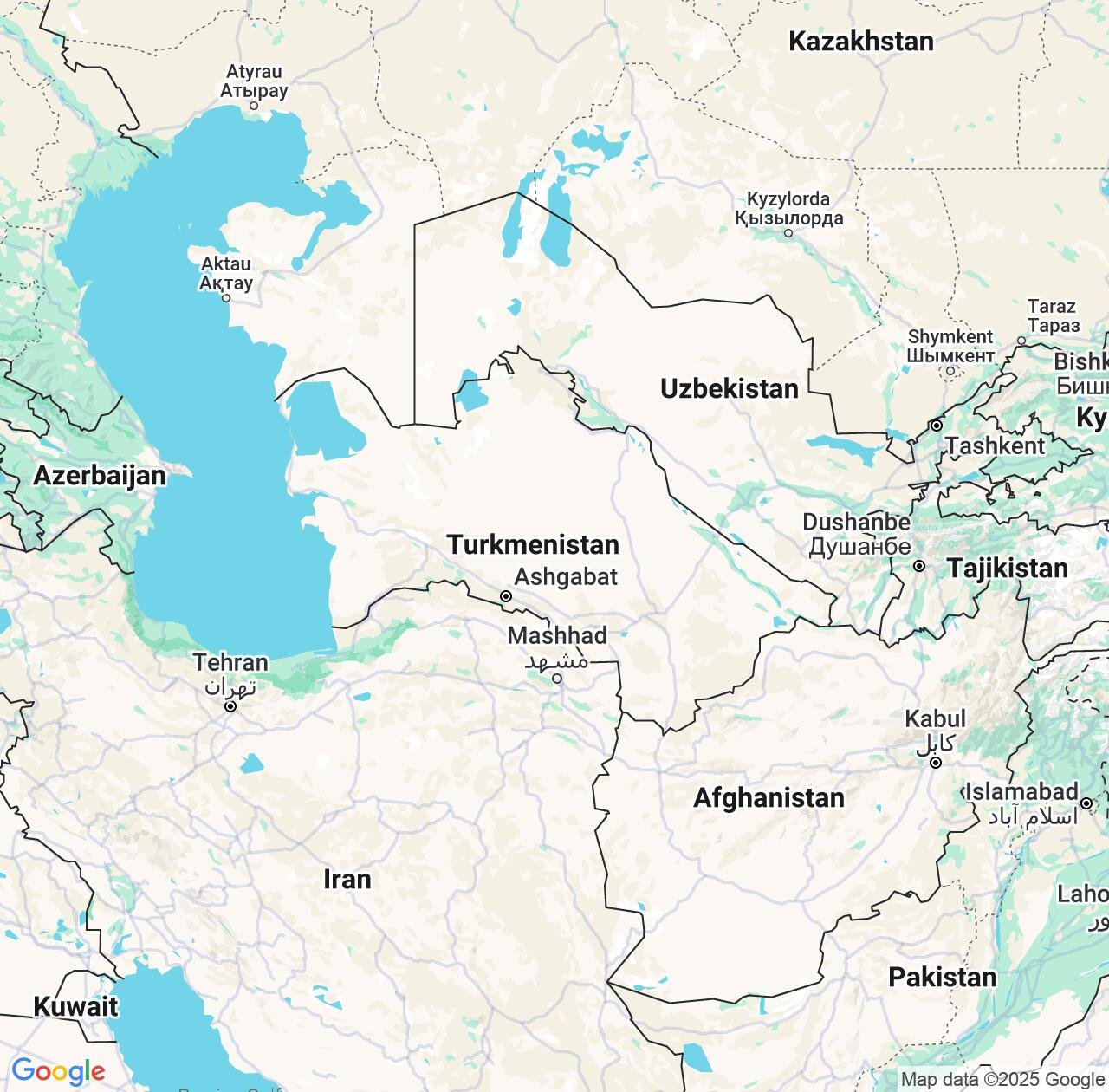
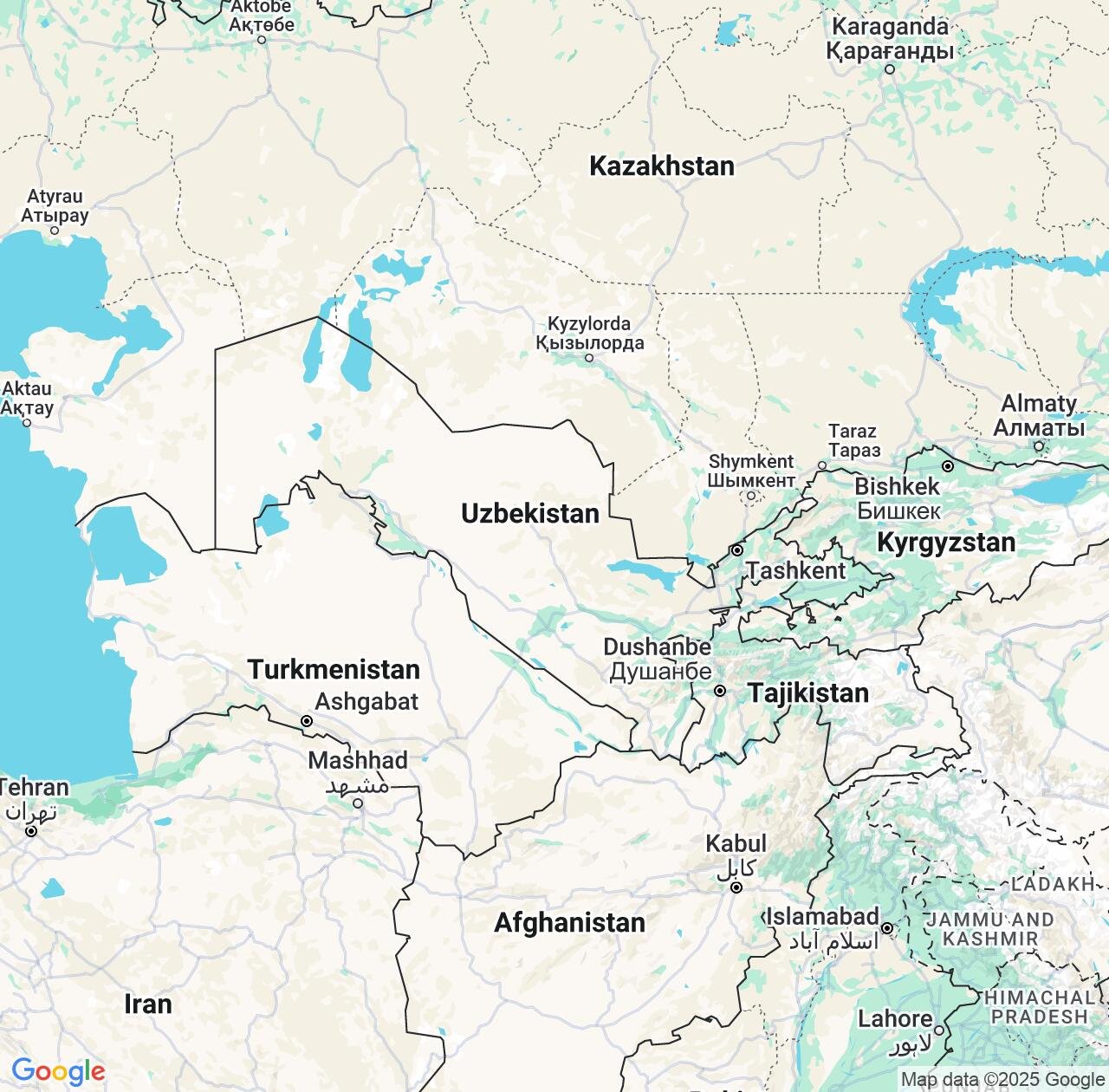
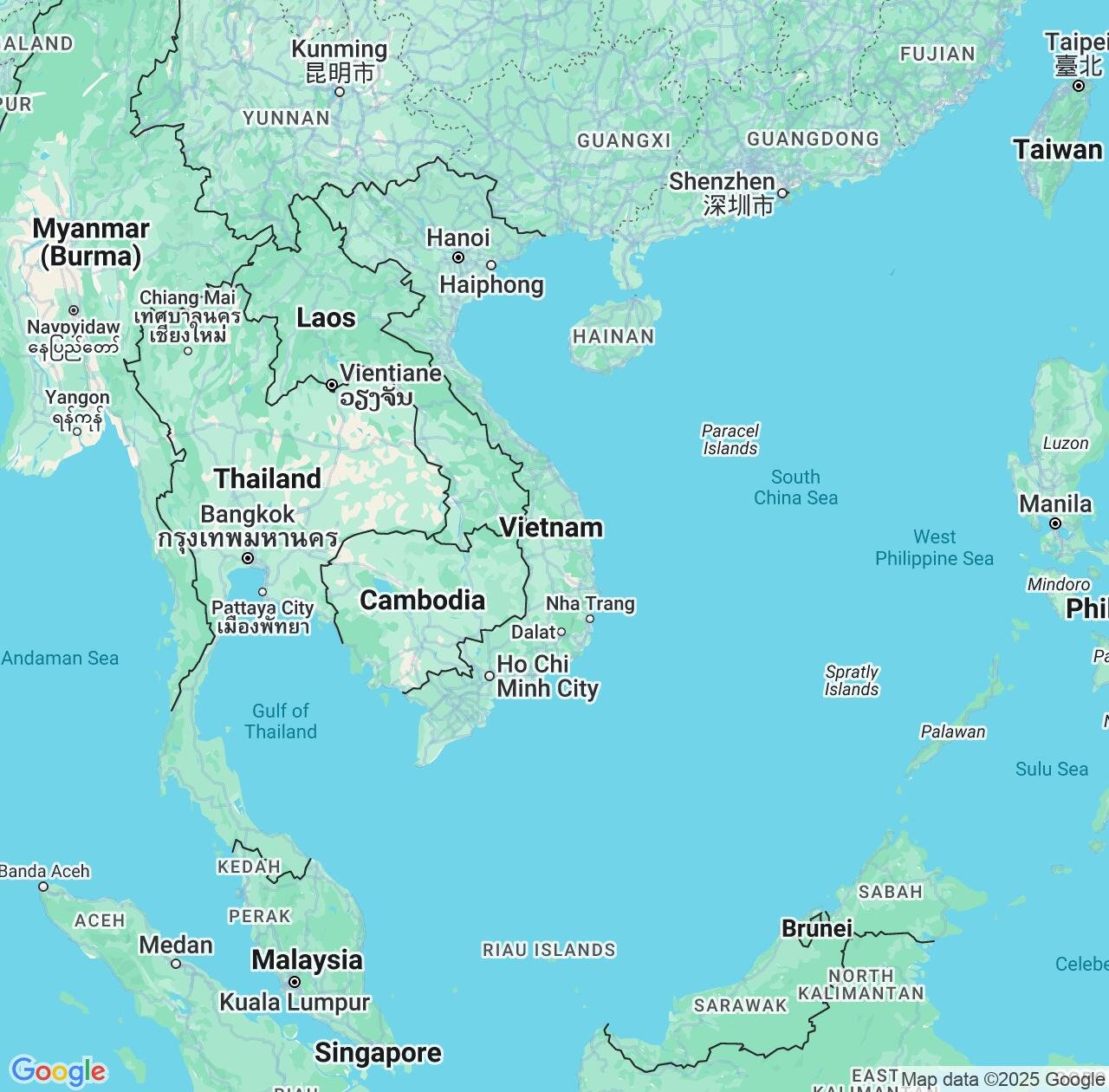
Please find below the list of intellectual property organizations present in our worldwide directory:








No results available
Find the right IP expert for your needs.
Browse our directory of:
Our directory features verified professionals with expertise across various industries and technologies. From software patents to pharmaceutical trademarks, find the specialist who understands your unique IP challenges.
Here are the latest IP practitioners to intellectual-property.org
The intellectual property systems in China and Japan differ in several key ways:
Trademark registration costs vary significantly across Asian markets. For a single class application, approximate government fees are:
Attorney fees typically add $500-1,500 USD per country. Multi-class applications, opposition proceedings, or complex cases involve additional costs. Unlike Europe’s unified system, each Asian country requires separate filings, making regional protection more expensive.
Companies should hire a patent attorney in Asia when:
Local Asian patent attorneys offer direct communication with examiners and better understanding of cultural nuances that affect patent prosecution.
The Asian cities with the highest concentration of IP law firms are:
Singapore is becoming a hub for trademark attorneys serving Southeast Asia due to several factors:
These factors make Singapore an ideal base for trademark attorneys handling portfolios across Thailand, Malaysia, Indonesia, Vietnam, and other Southeast Asian nations.
When hiring an IP lawyer in South Korea, look for these qualifications: